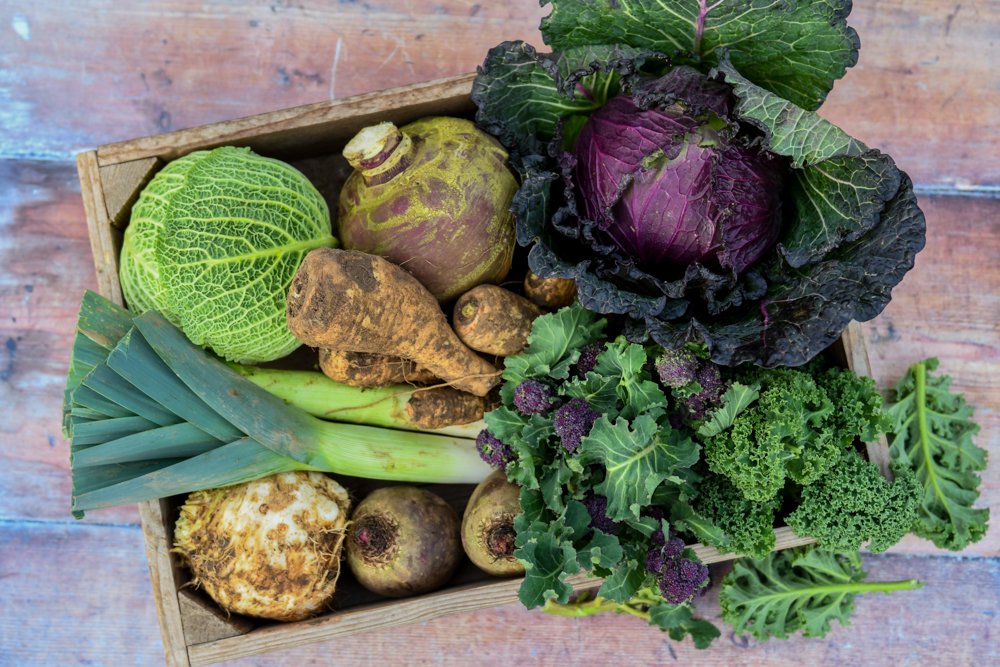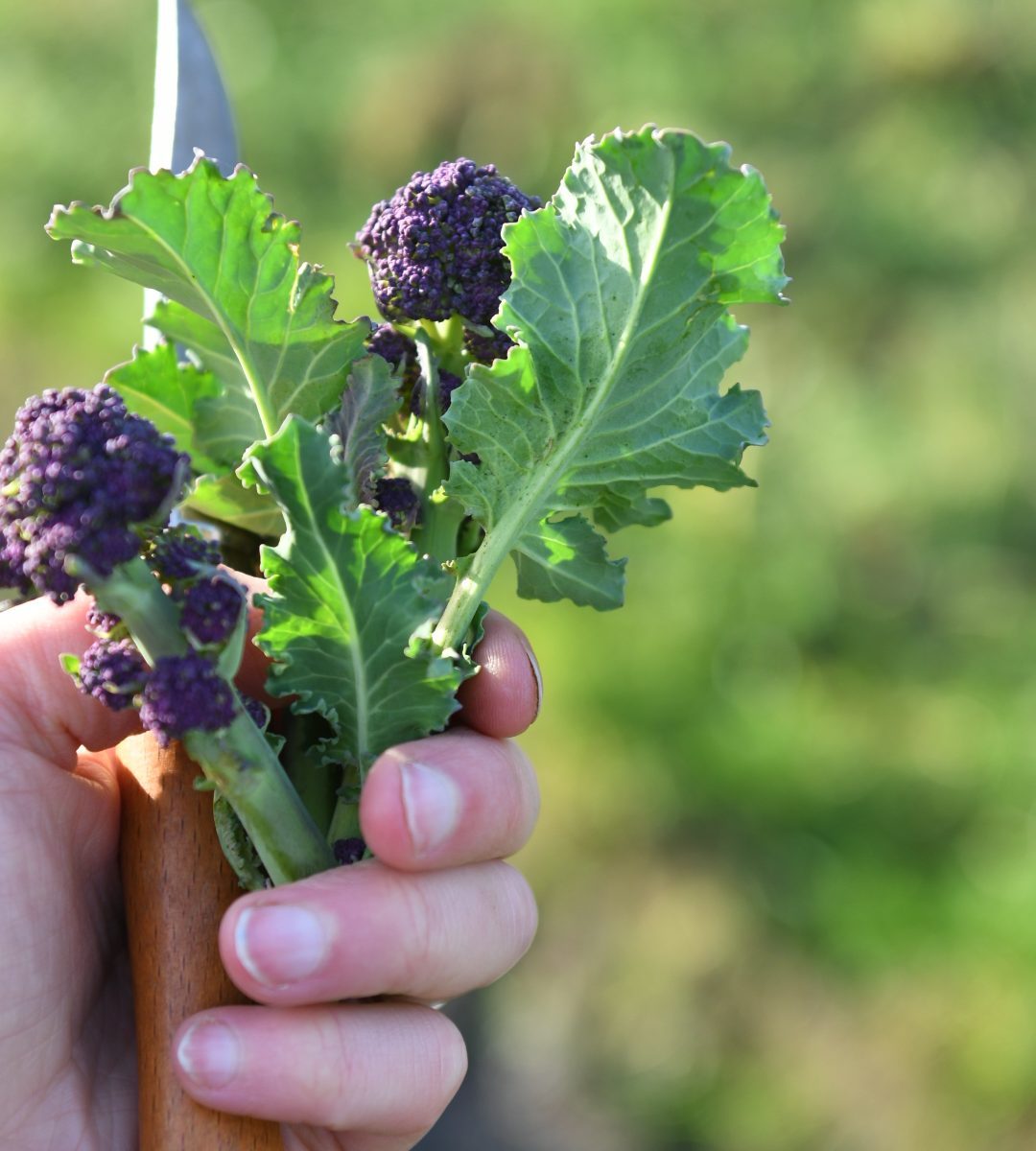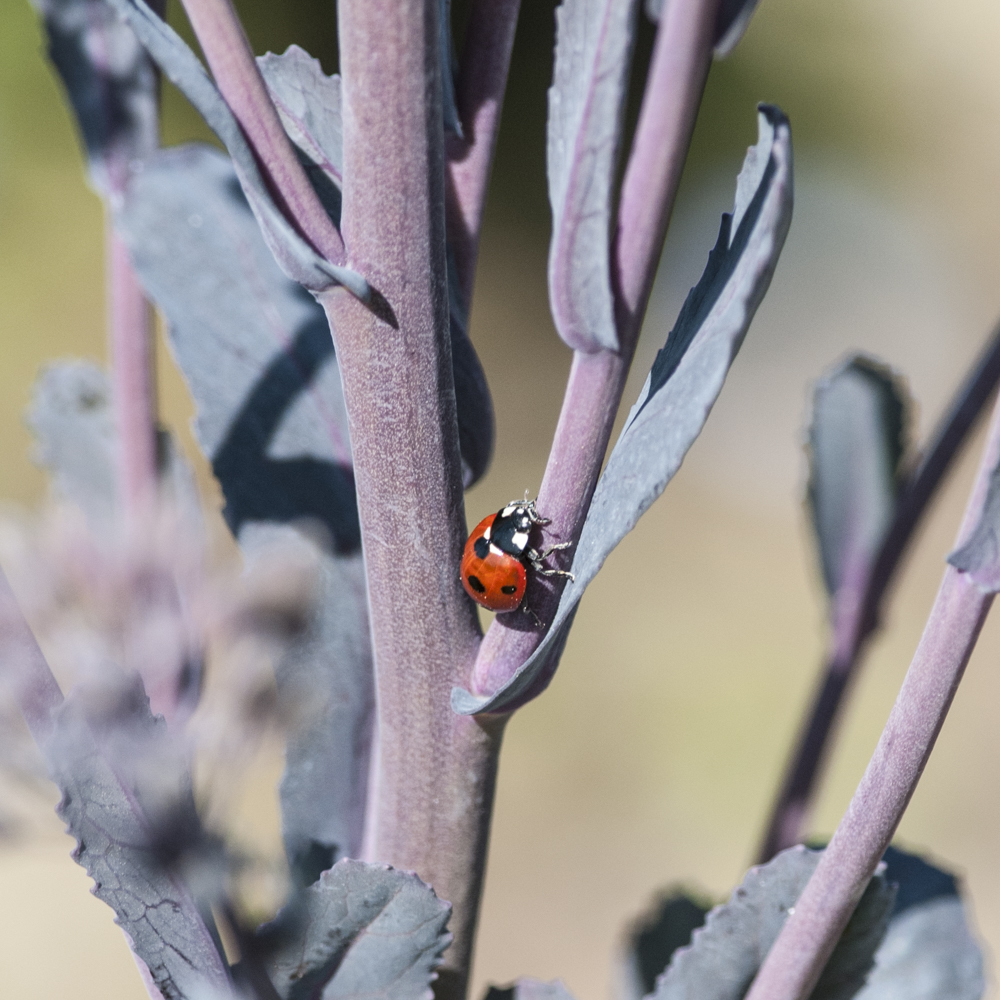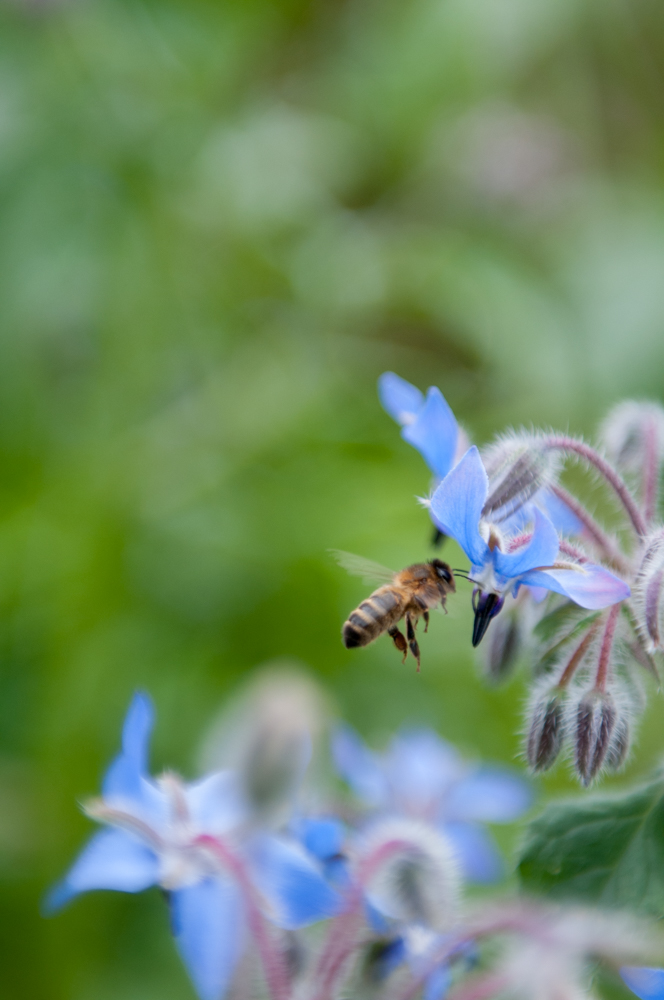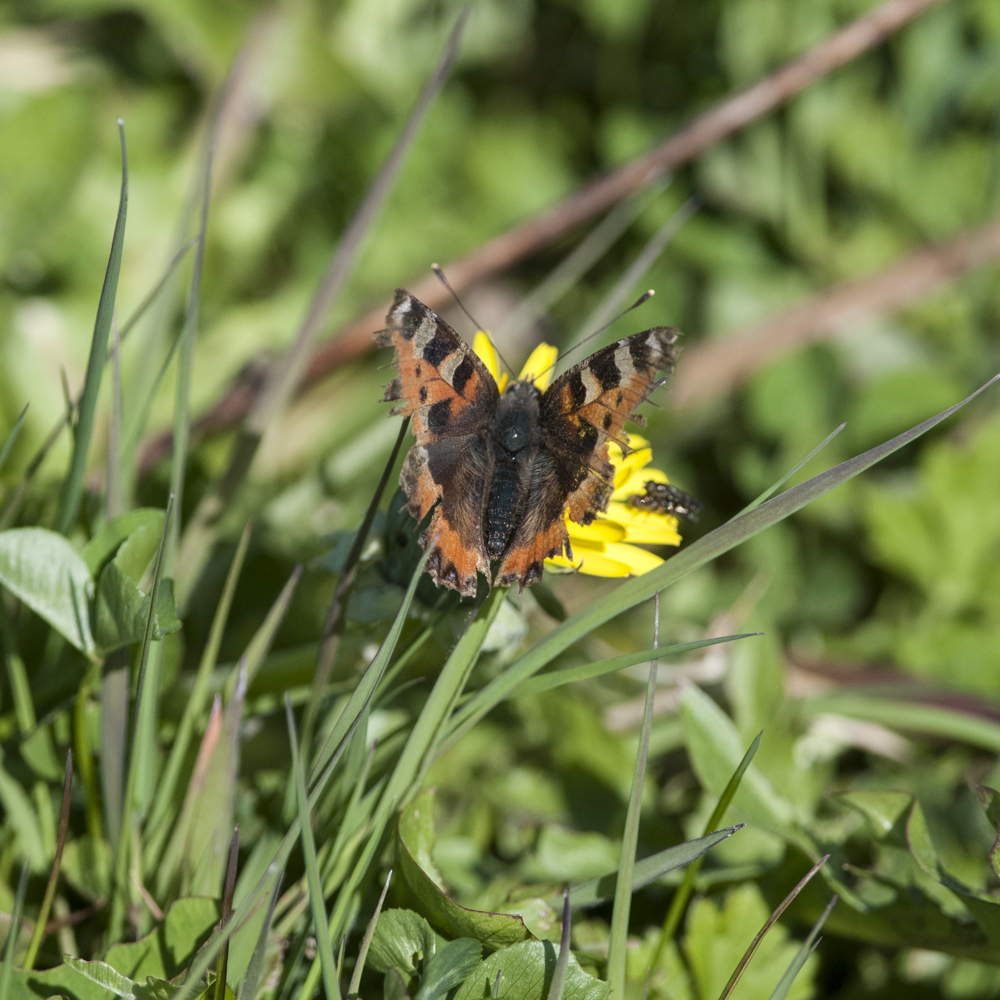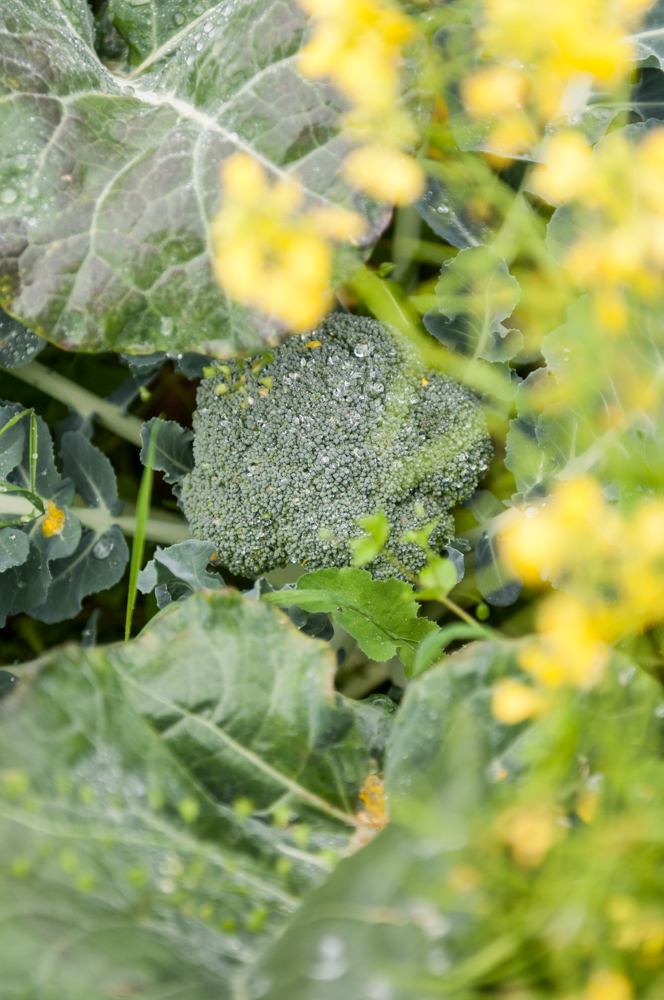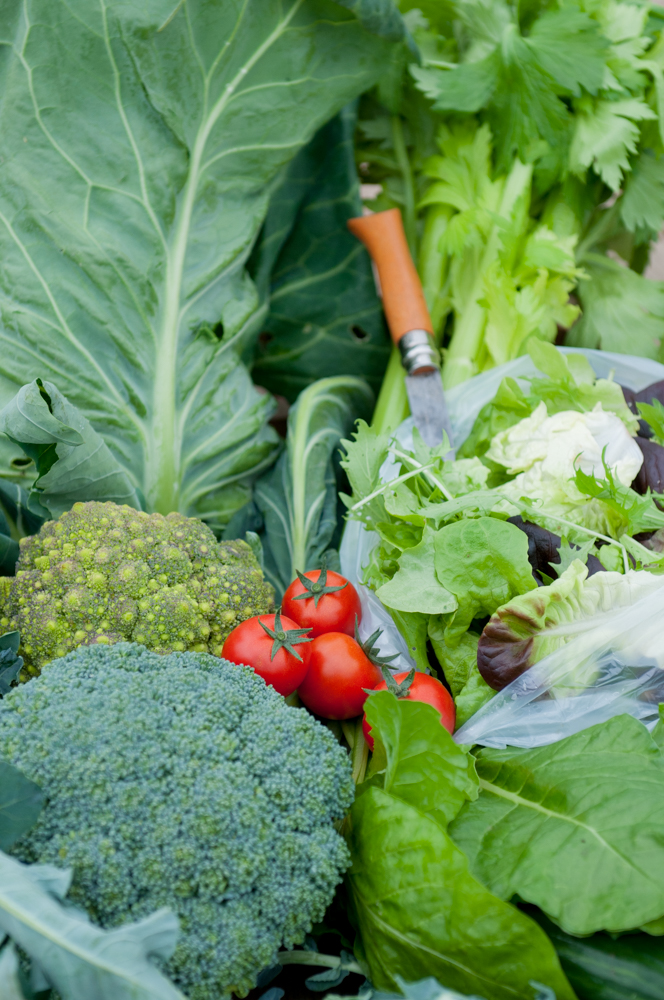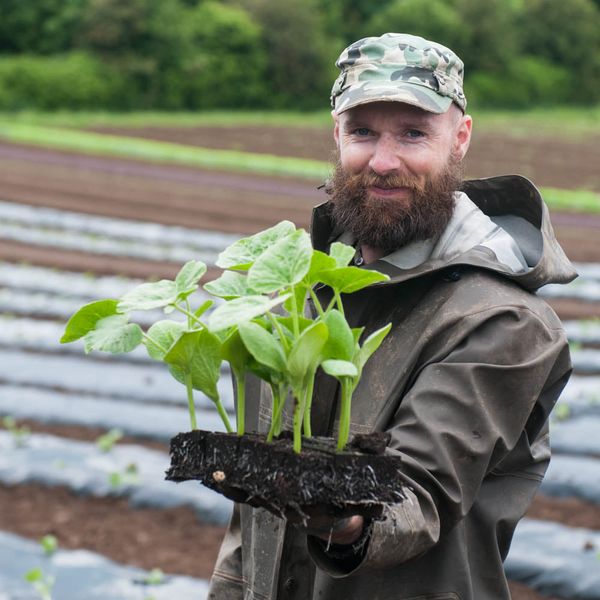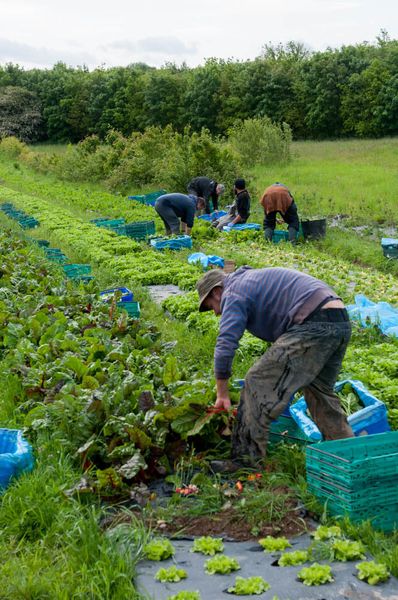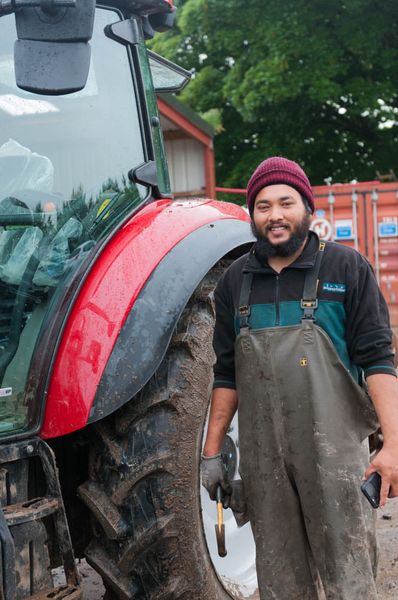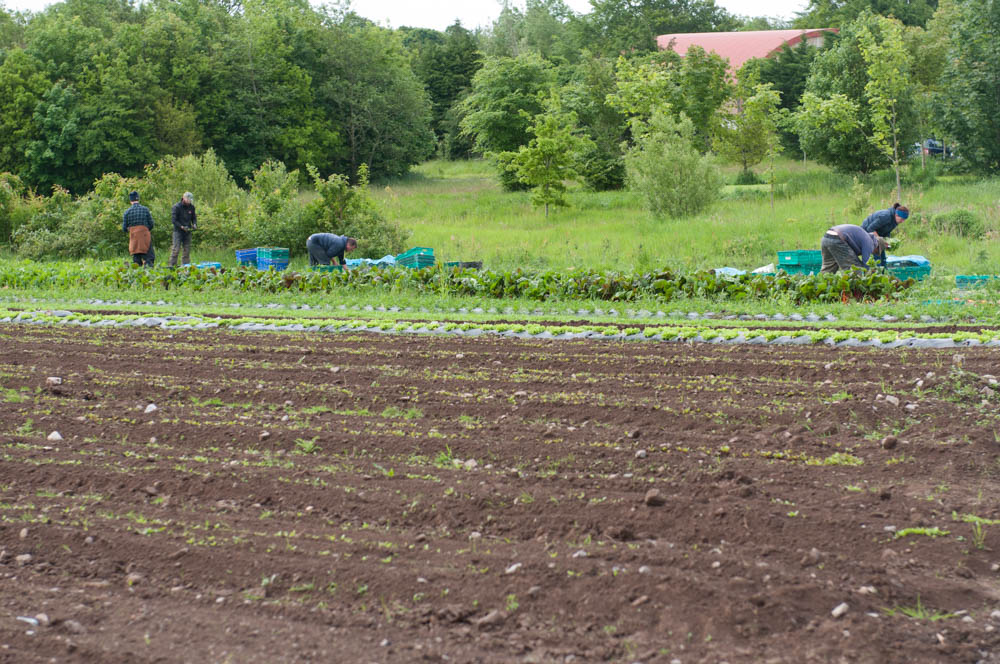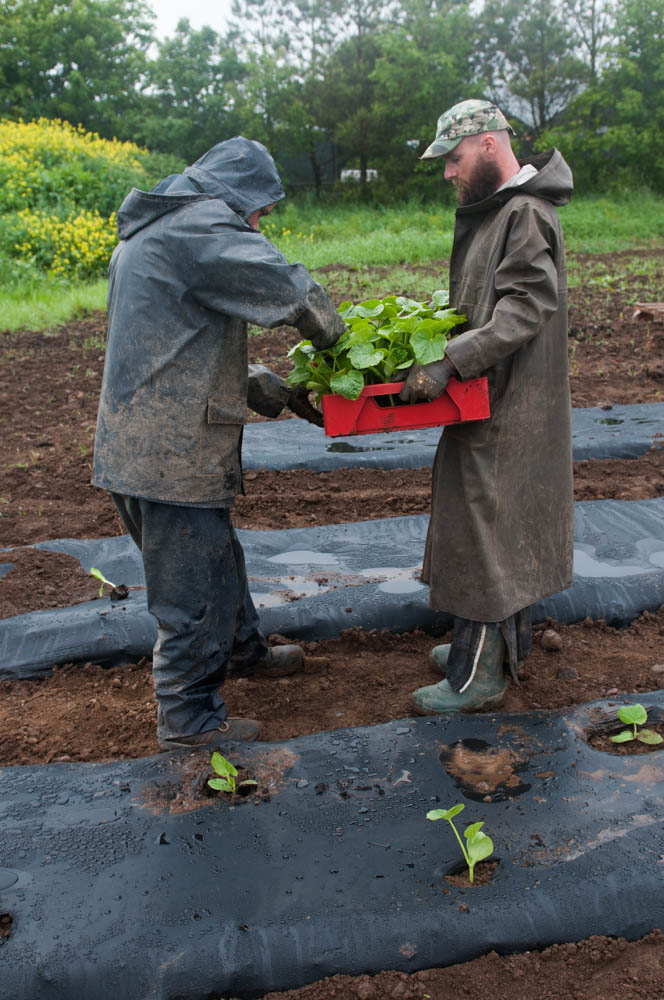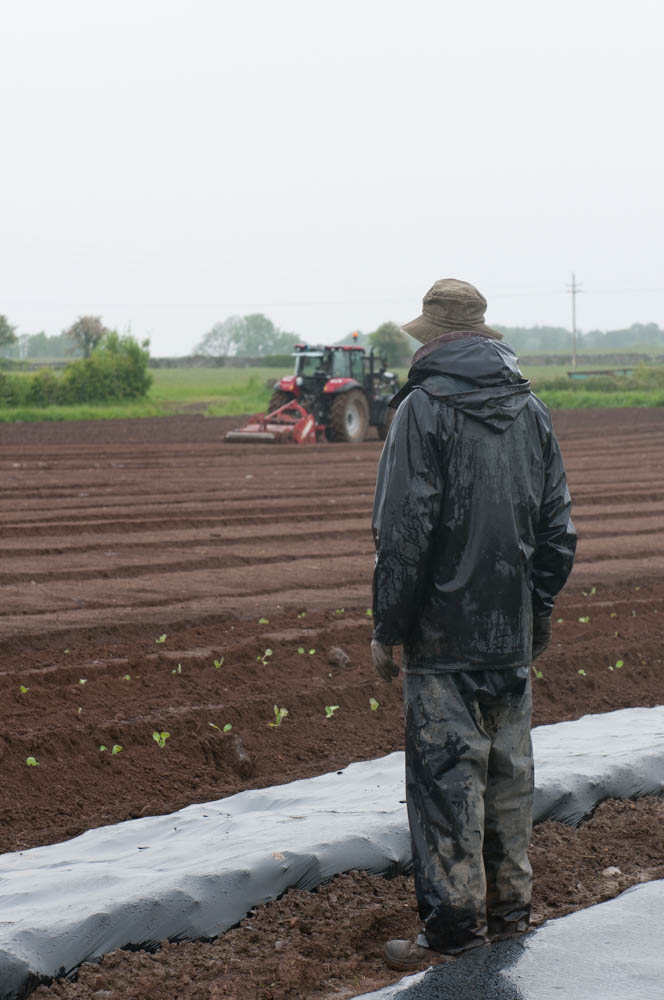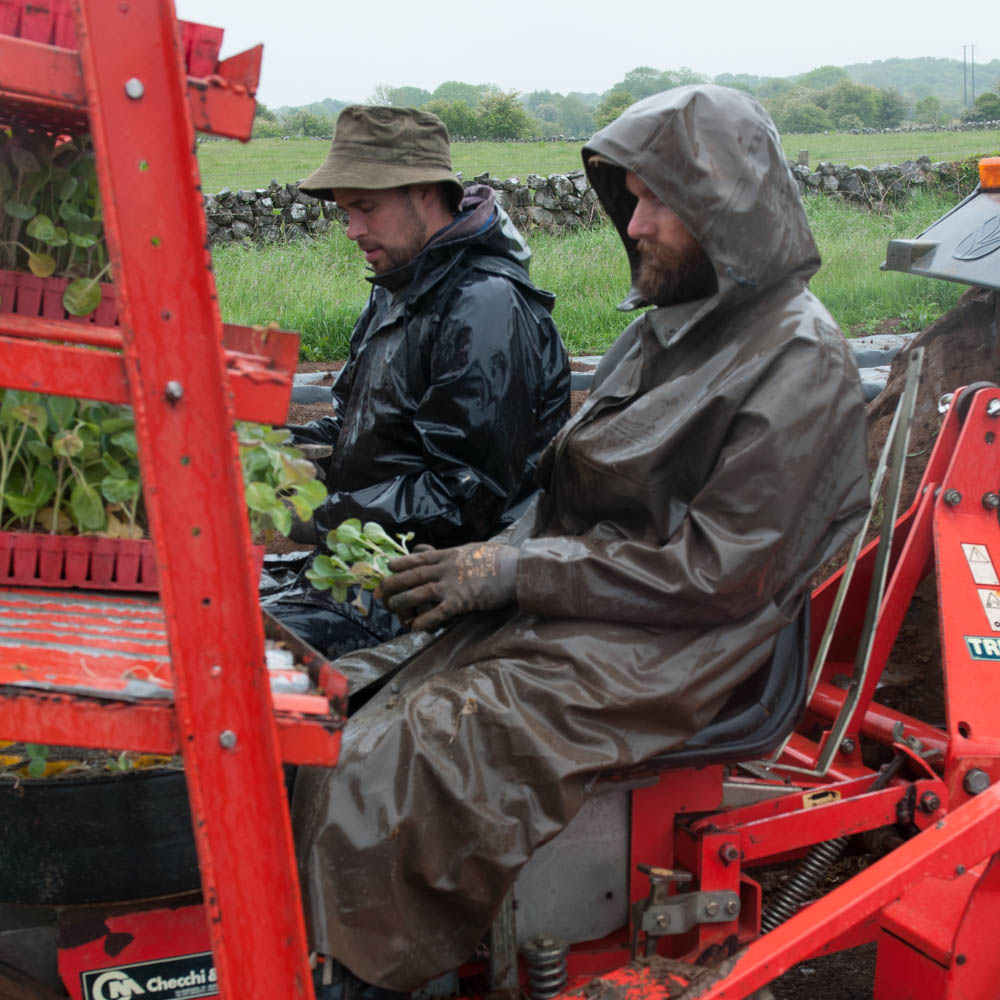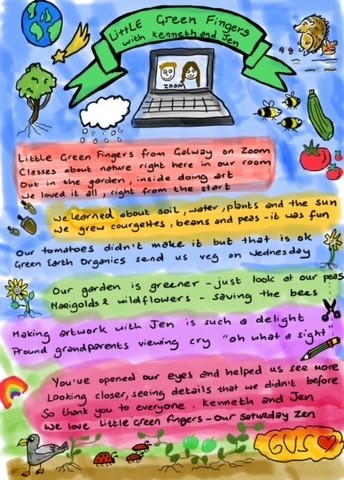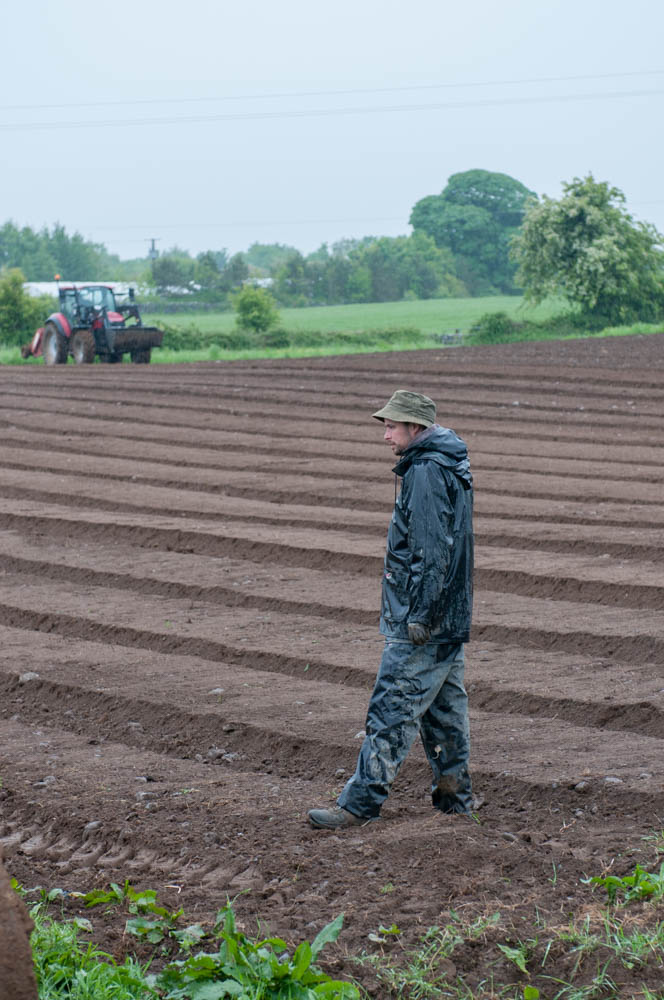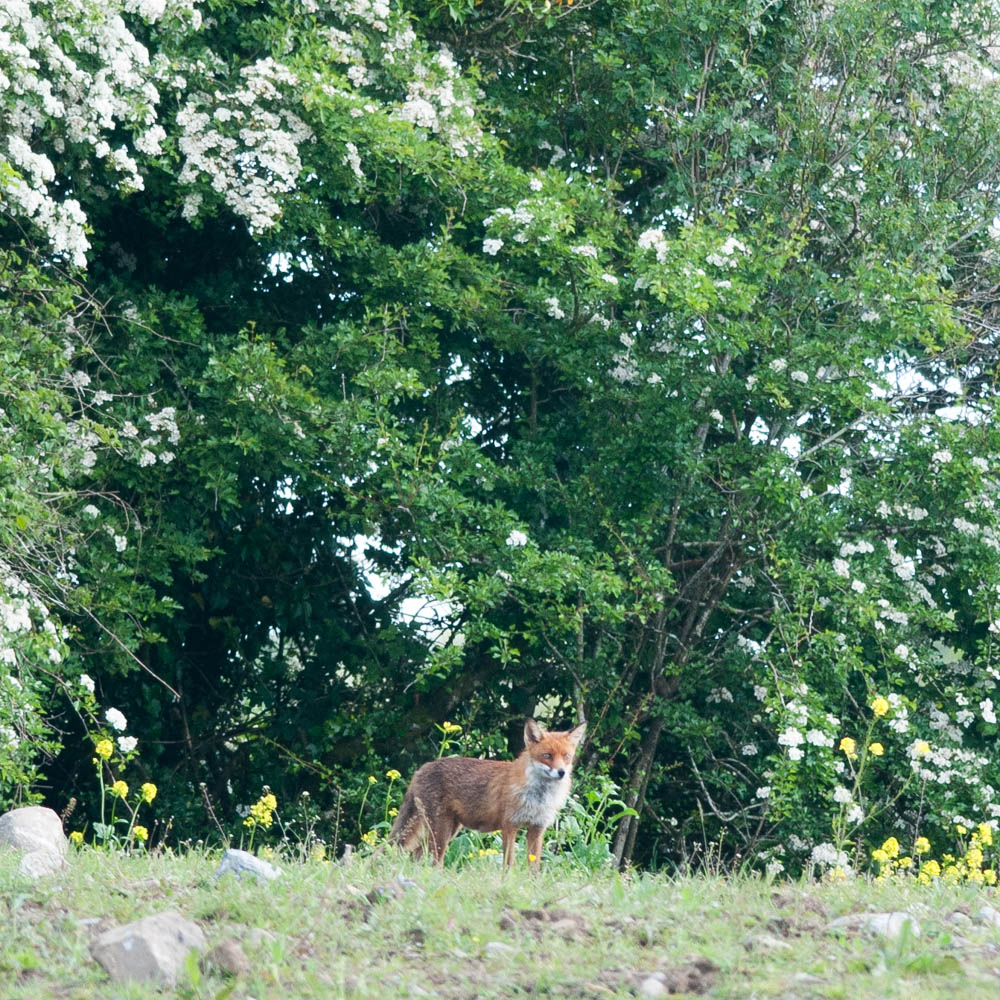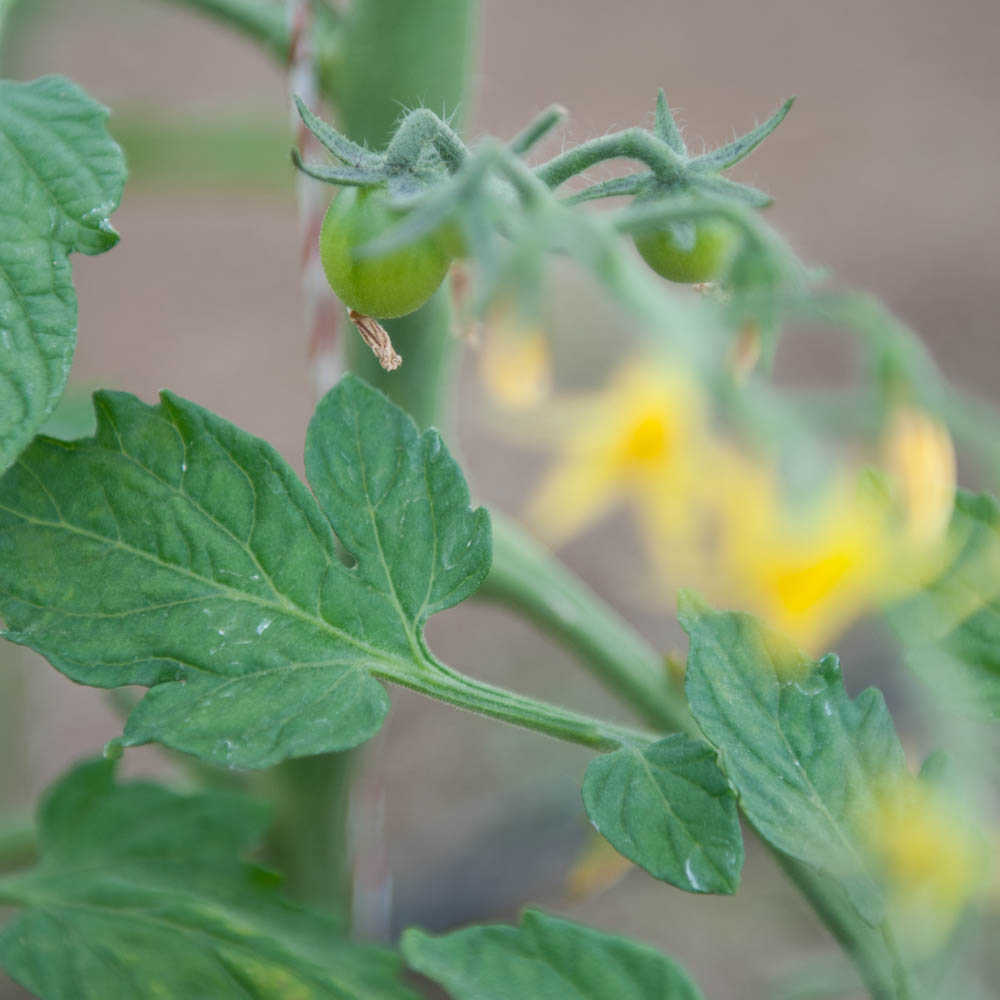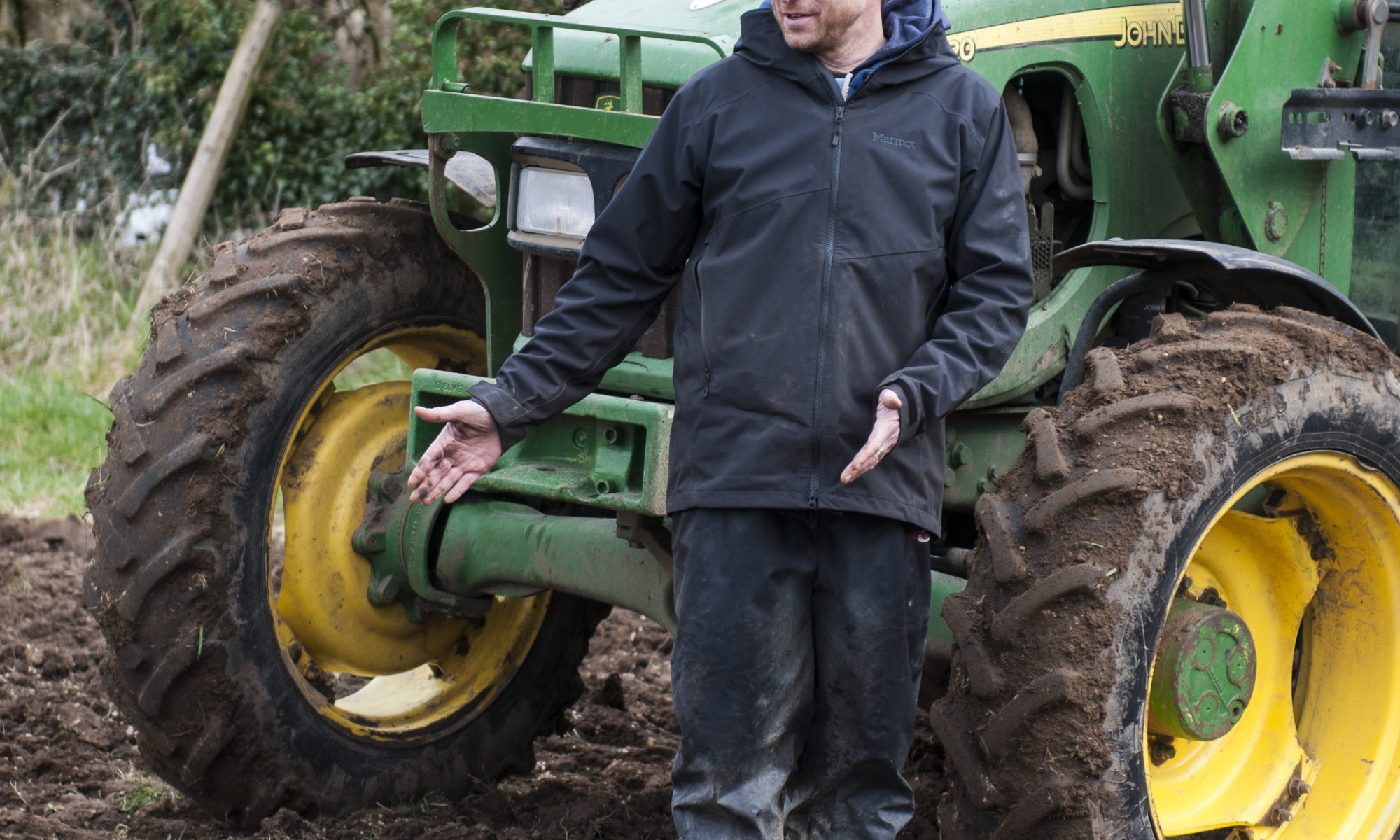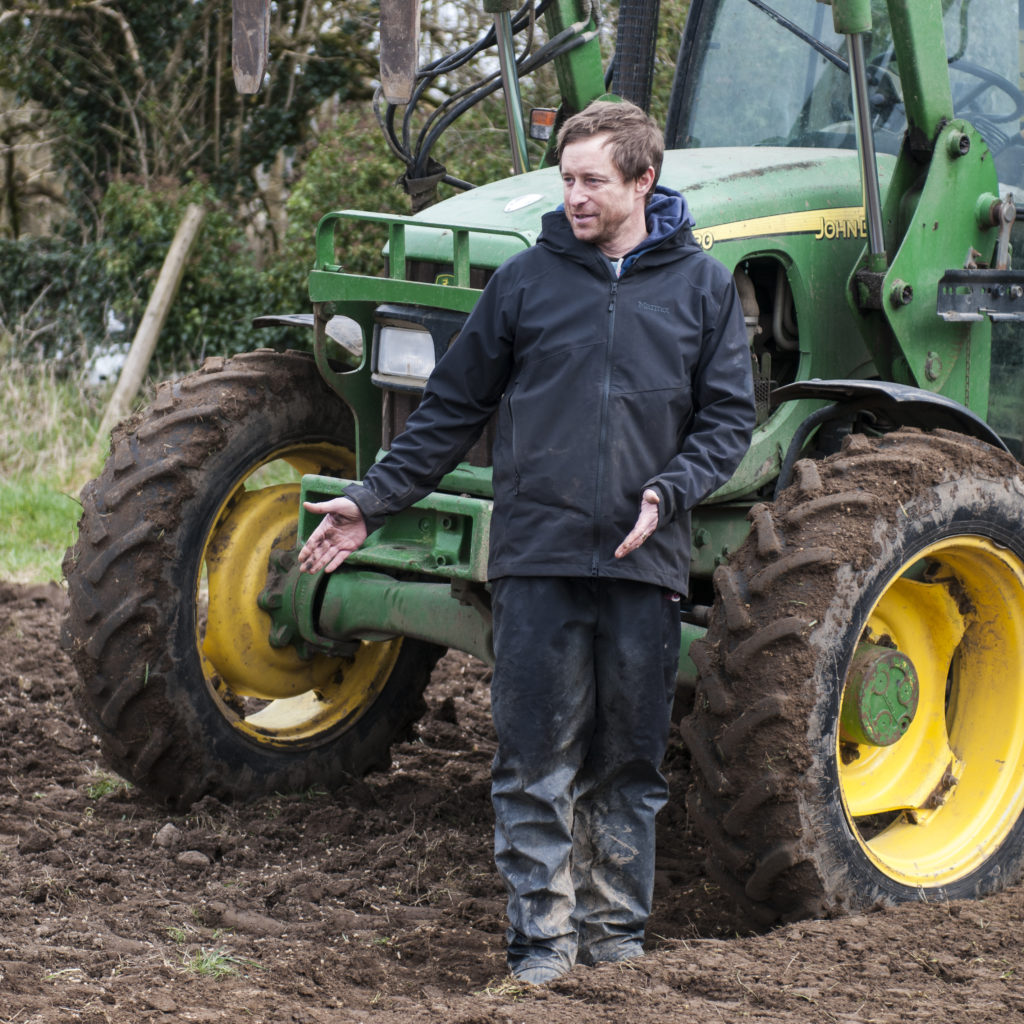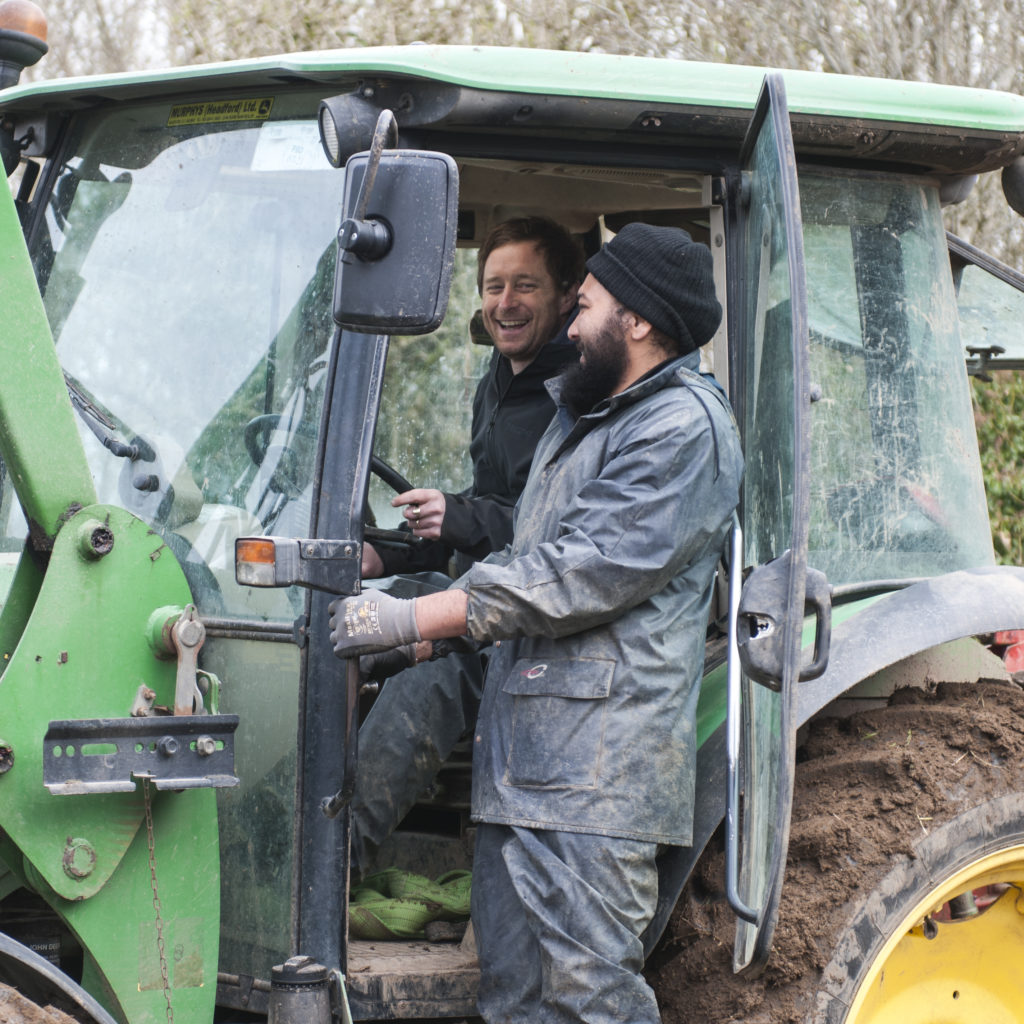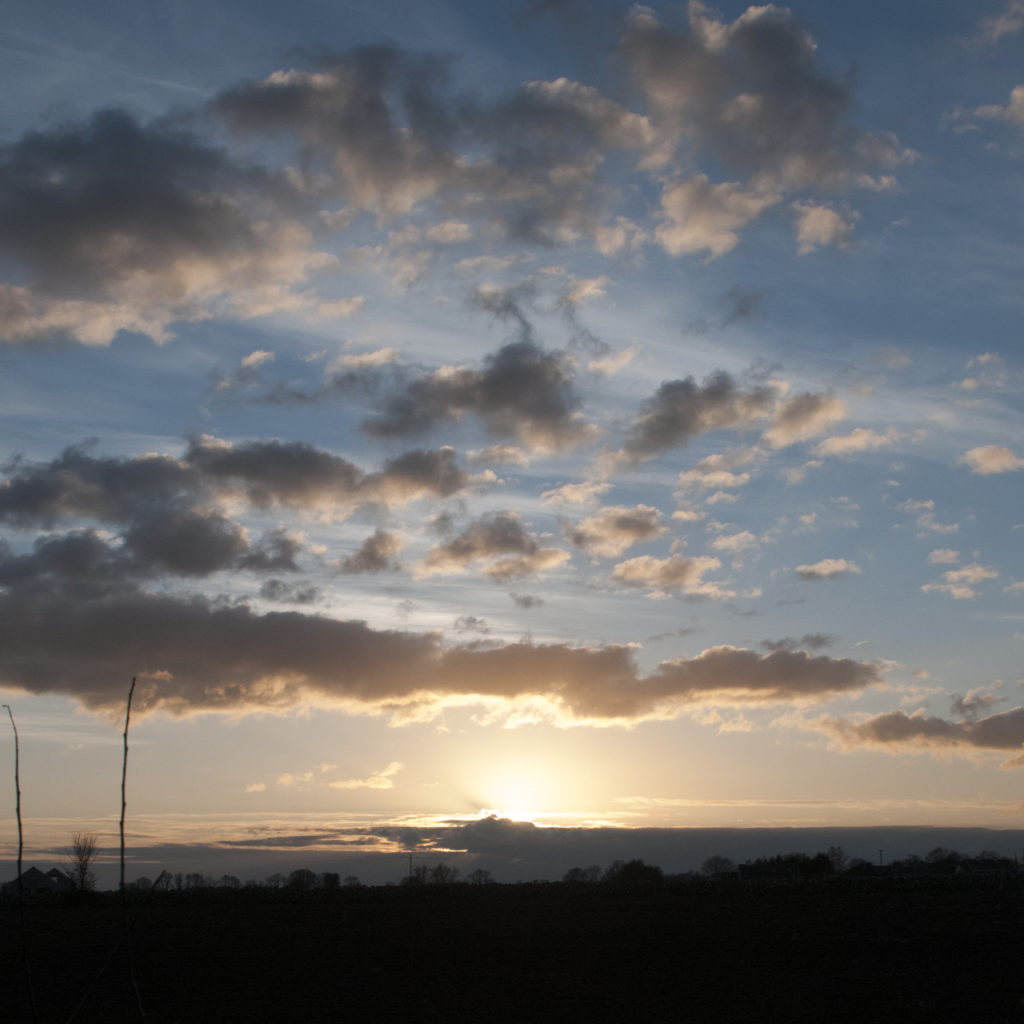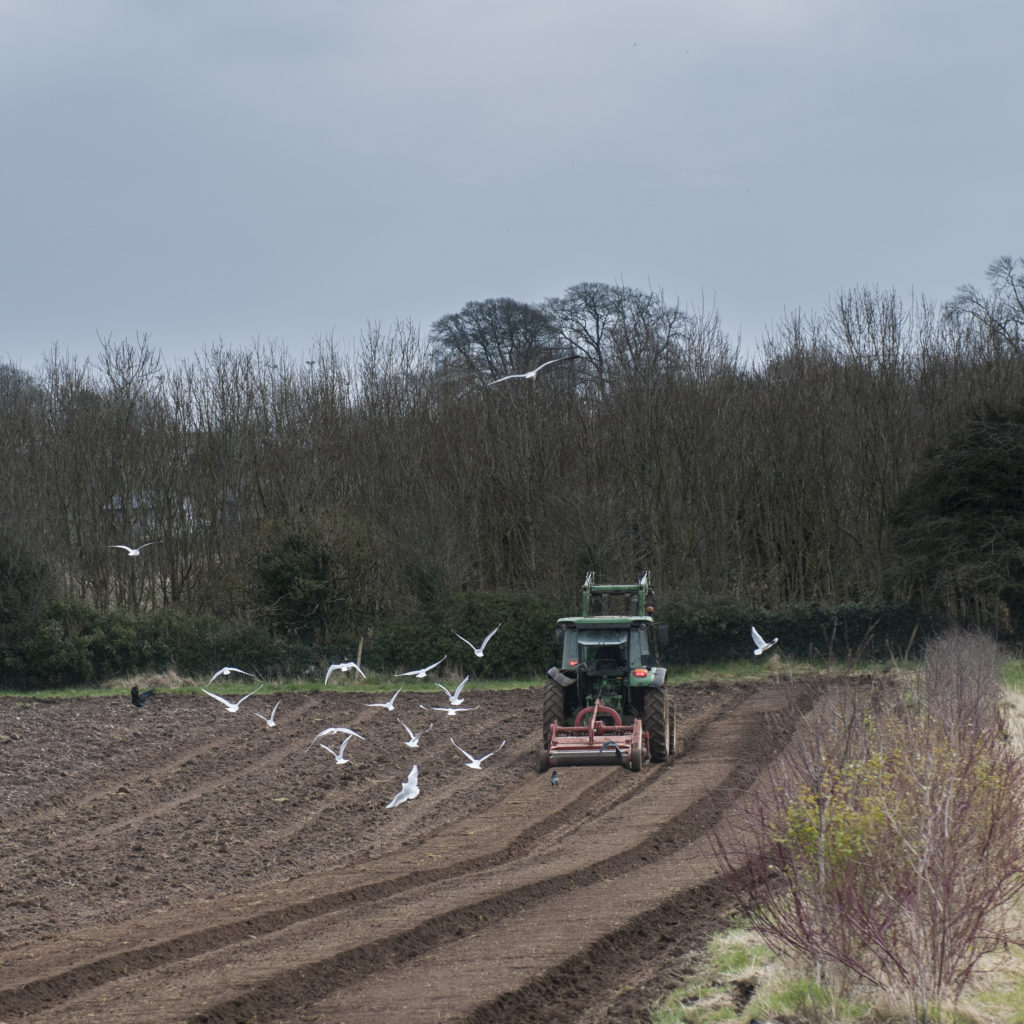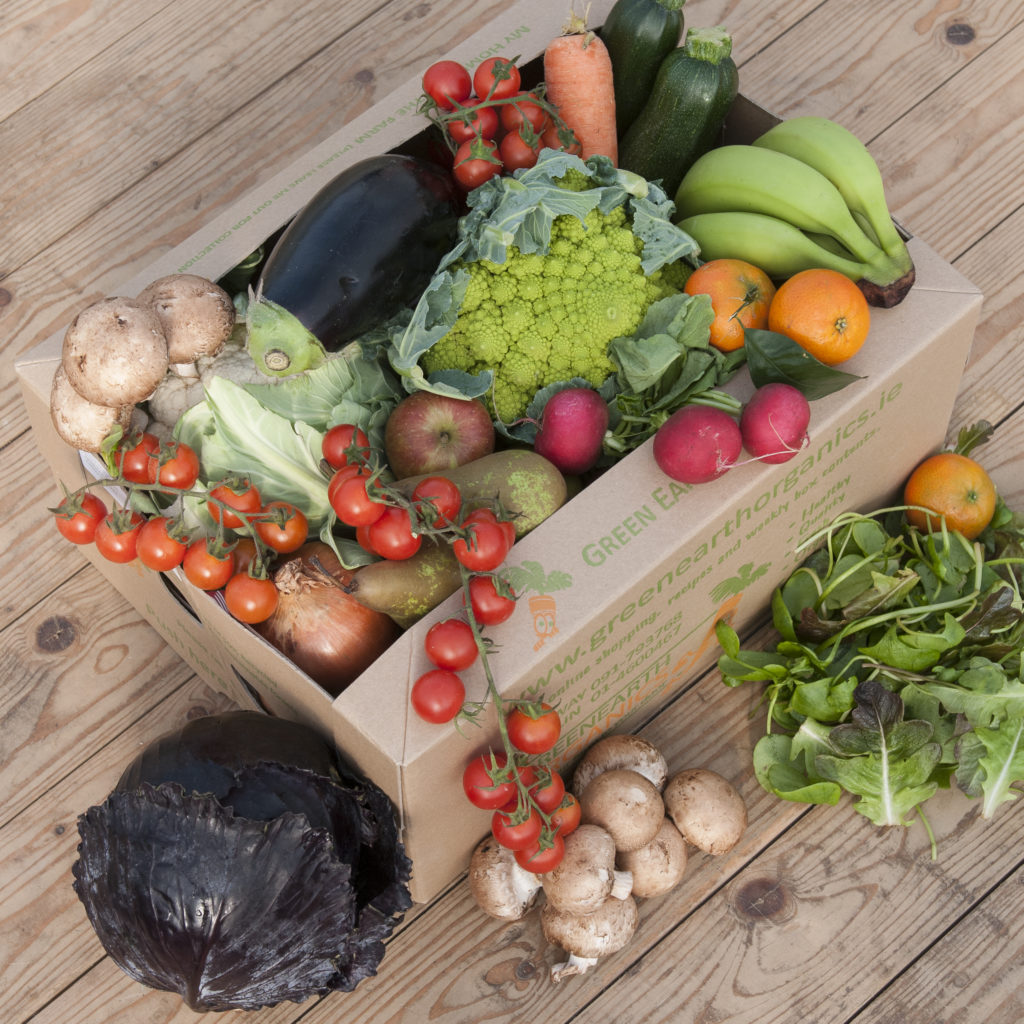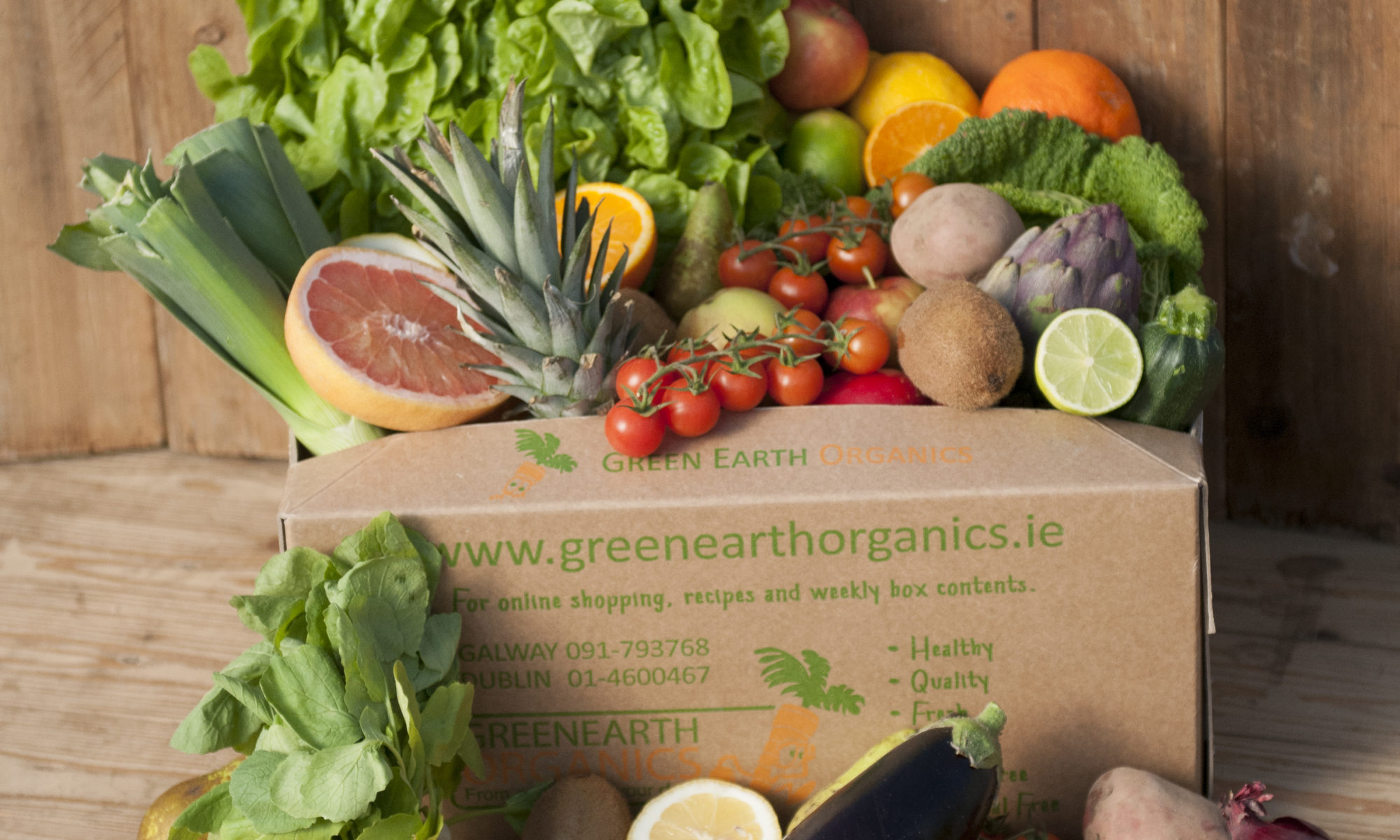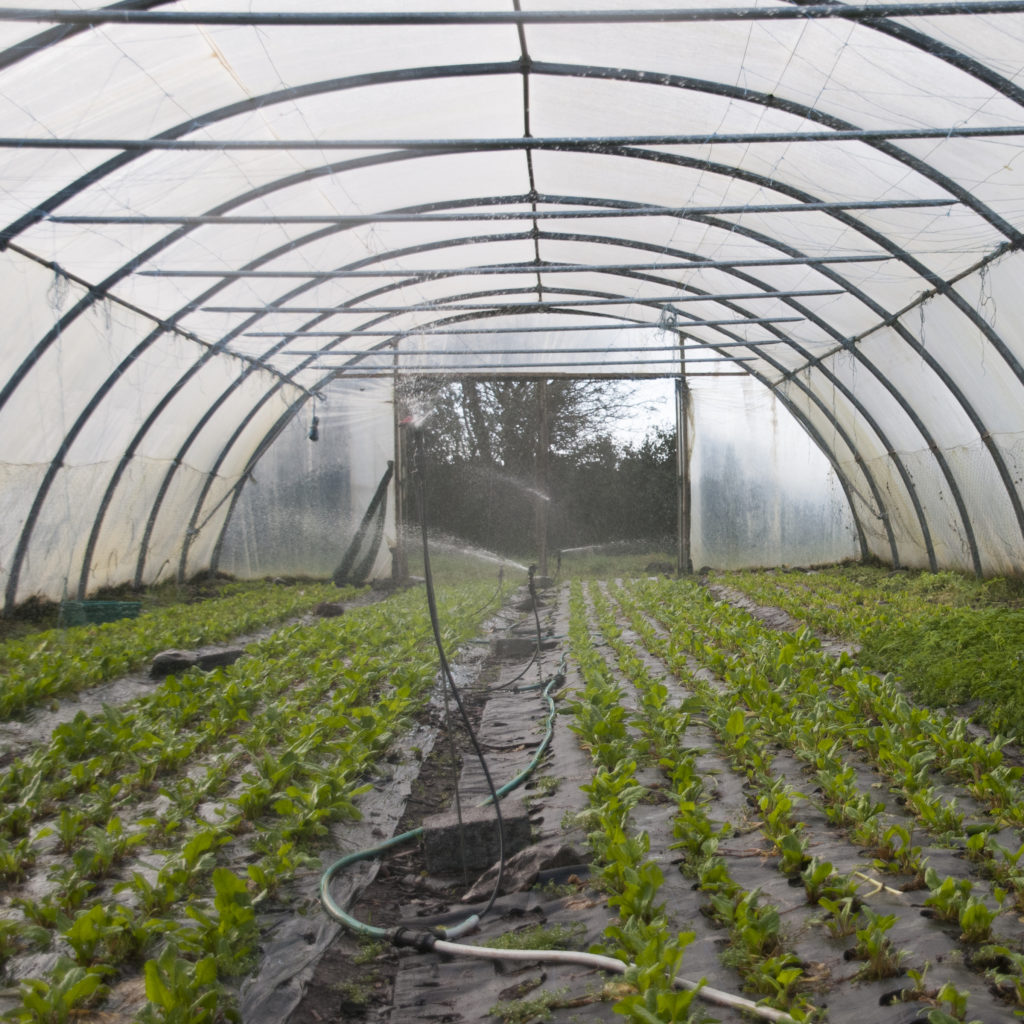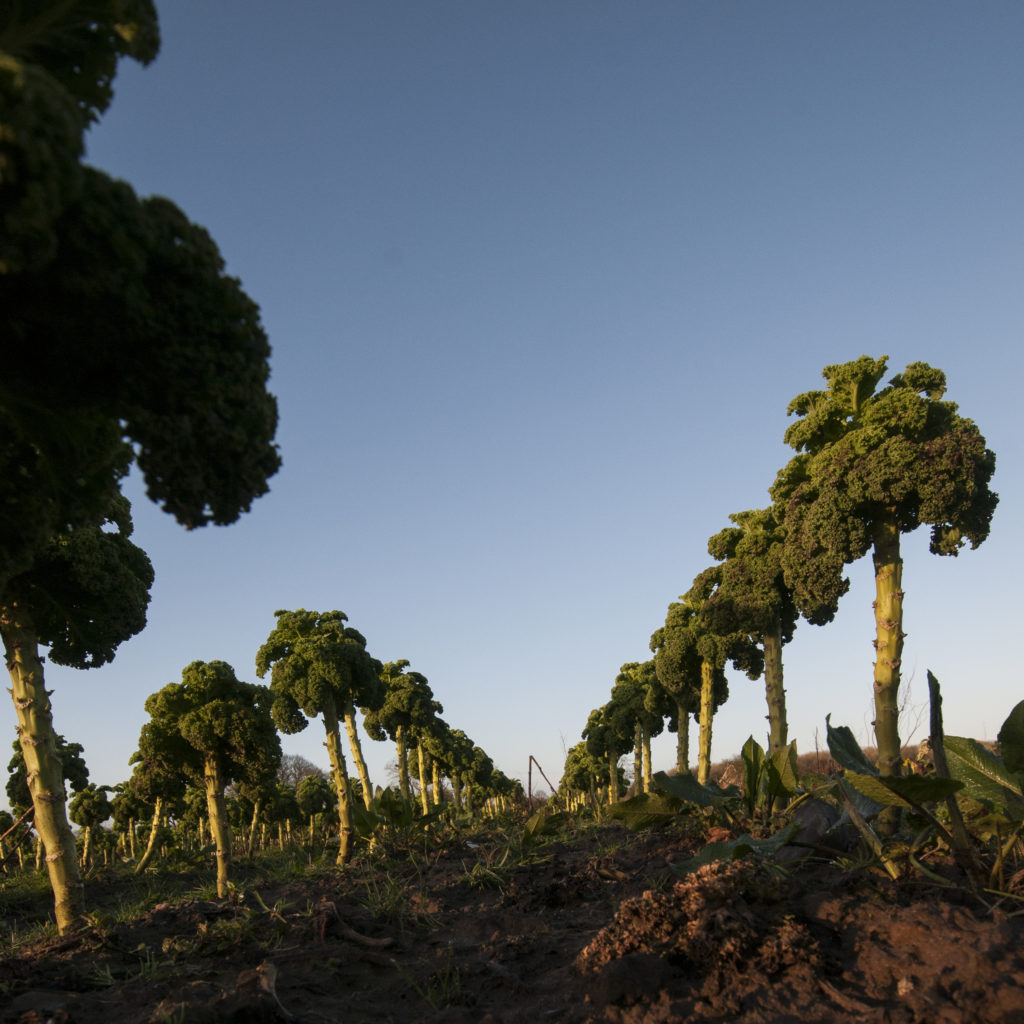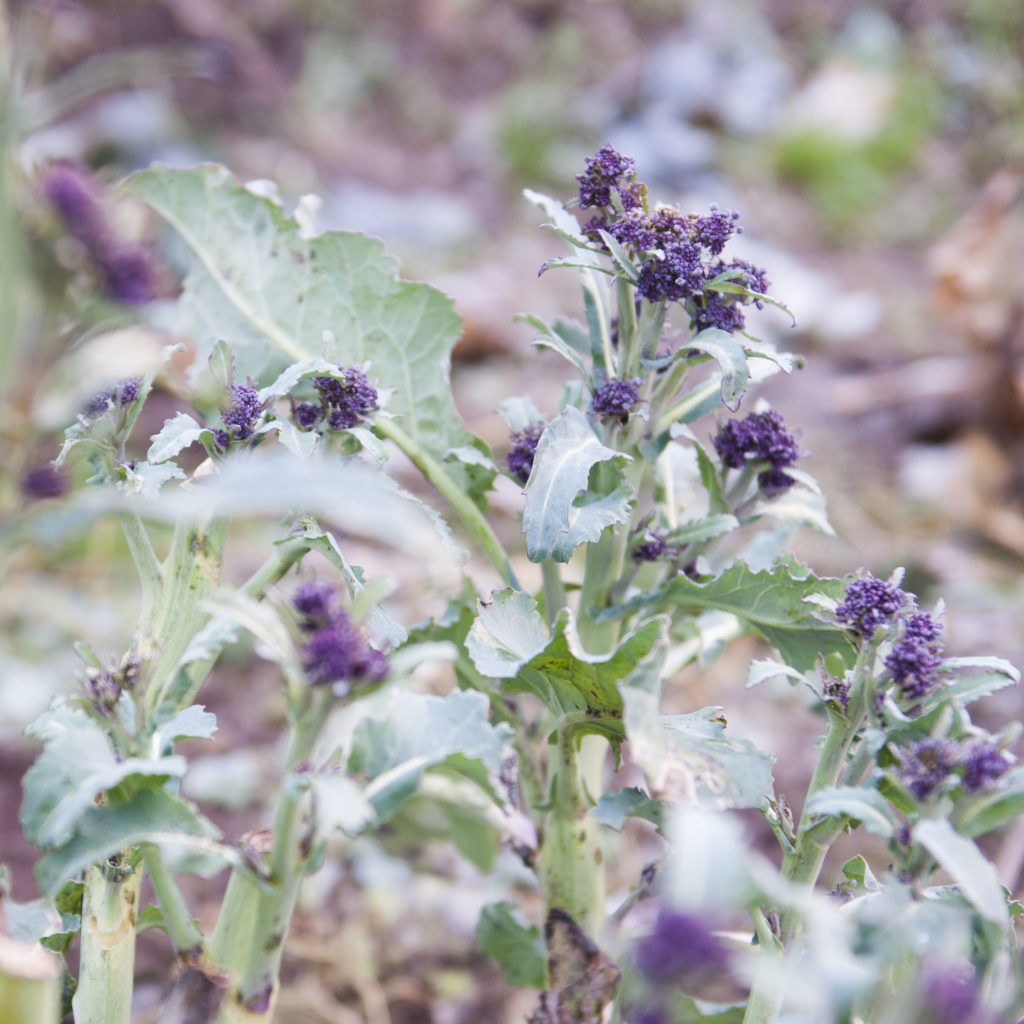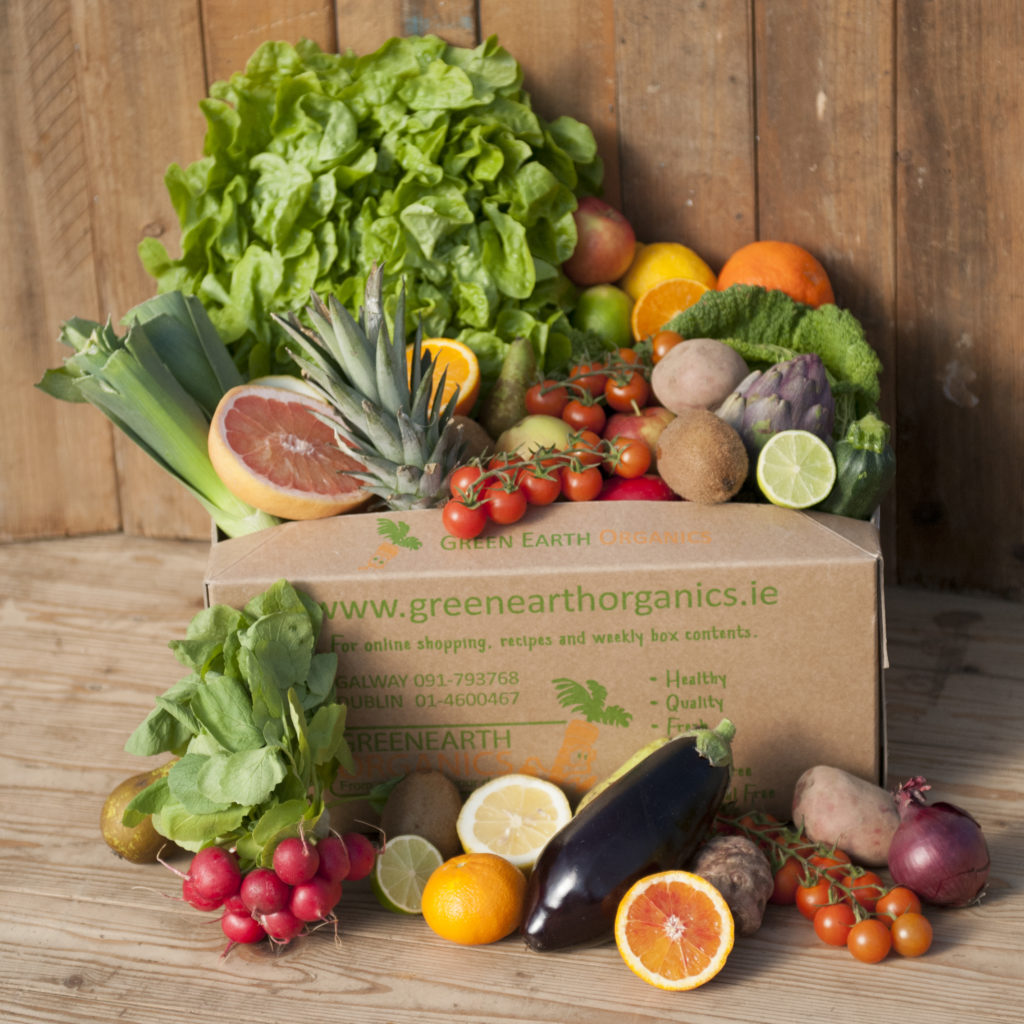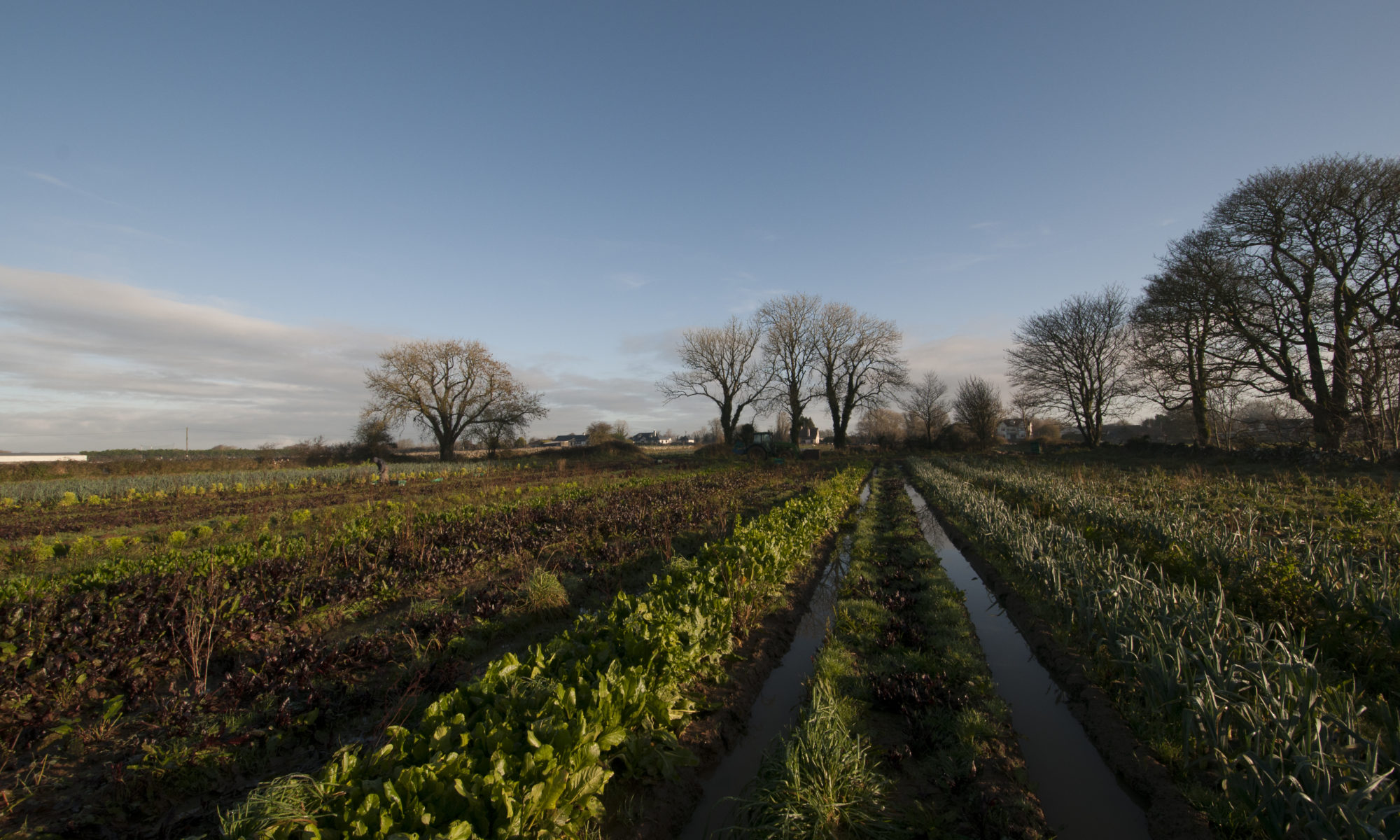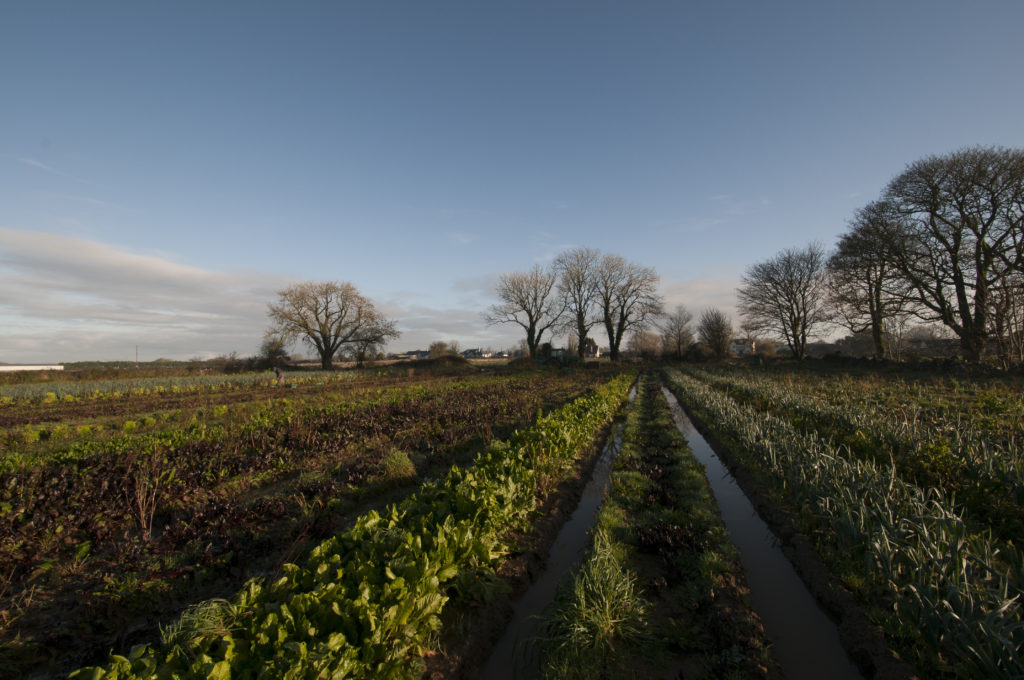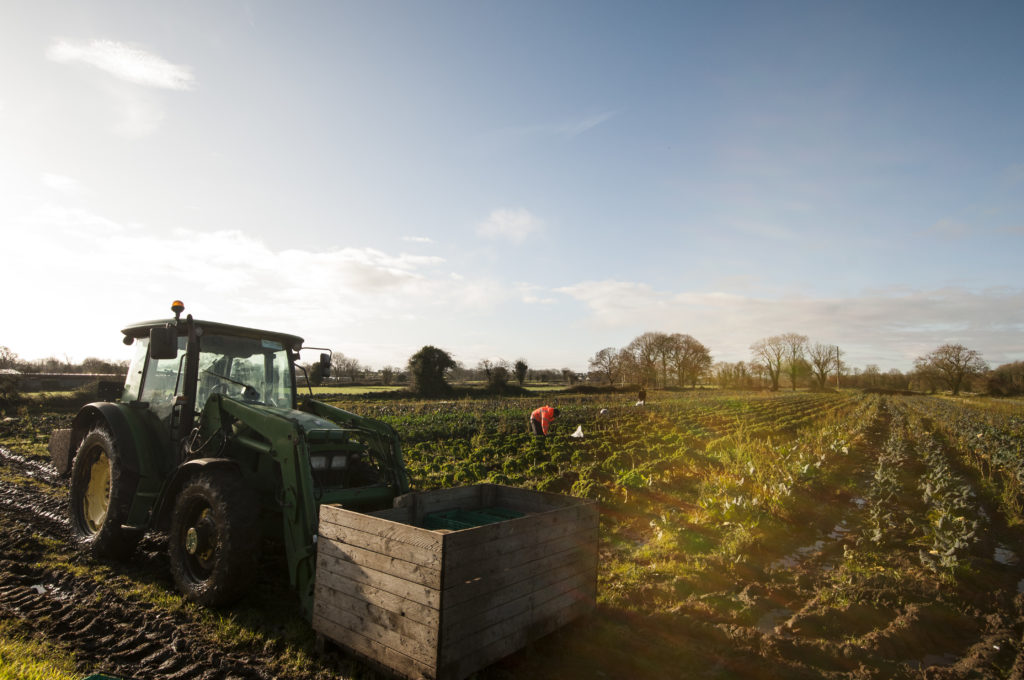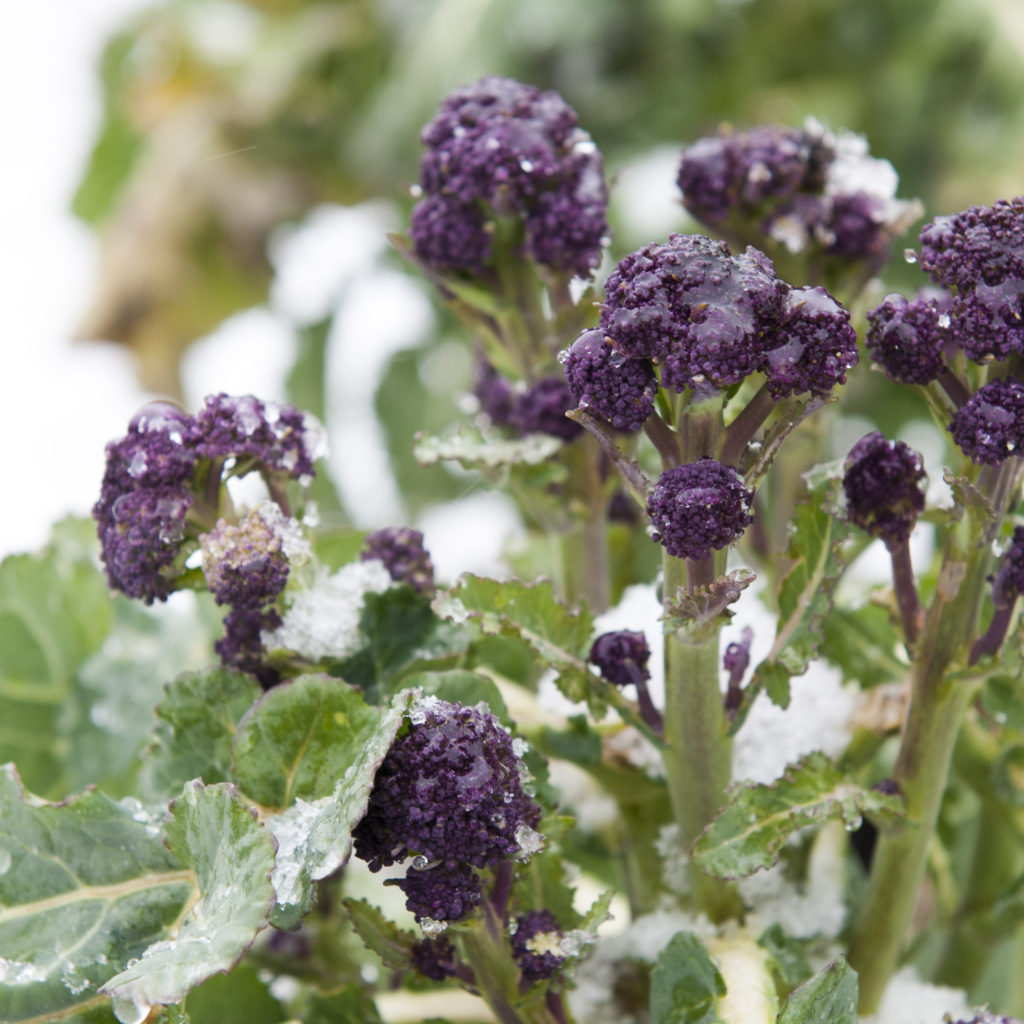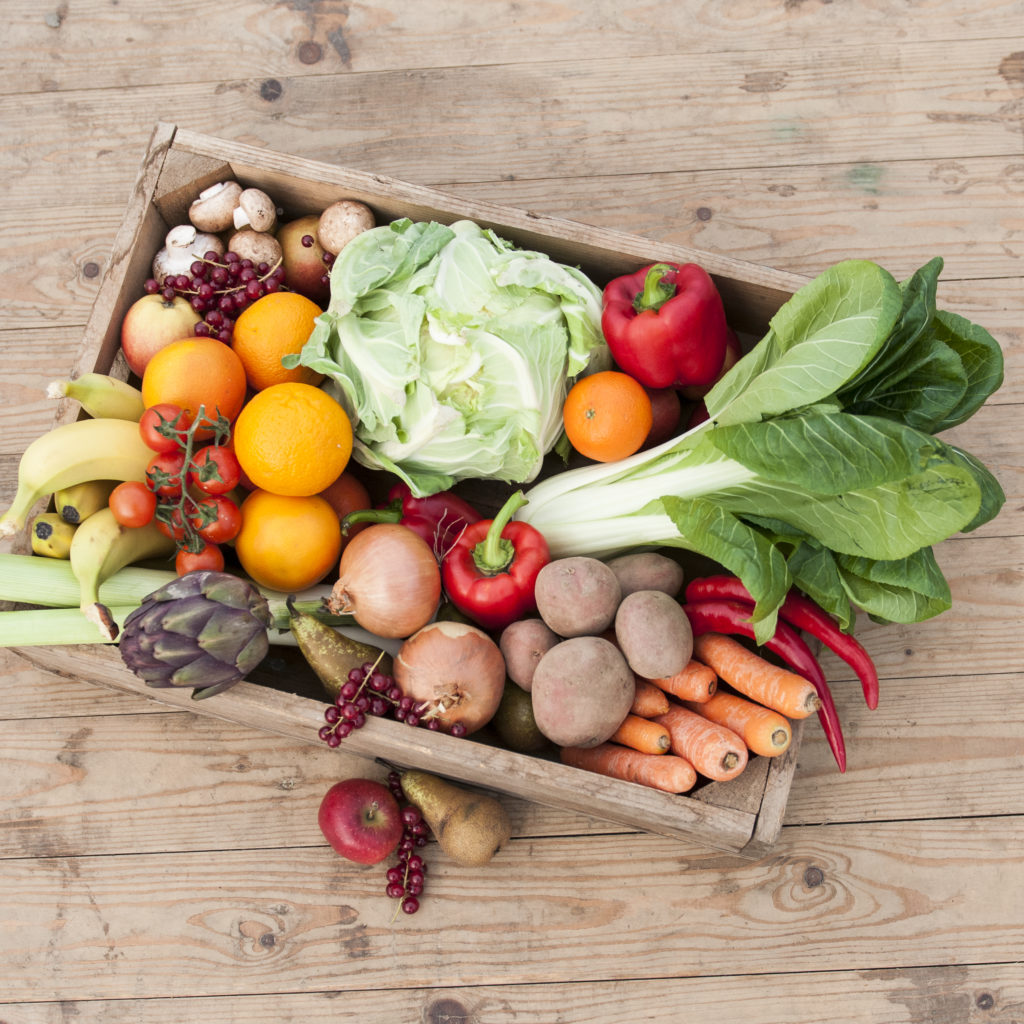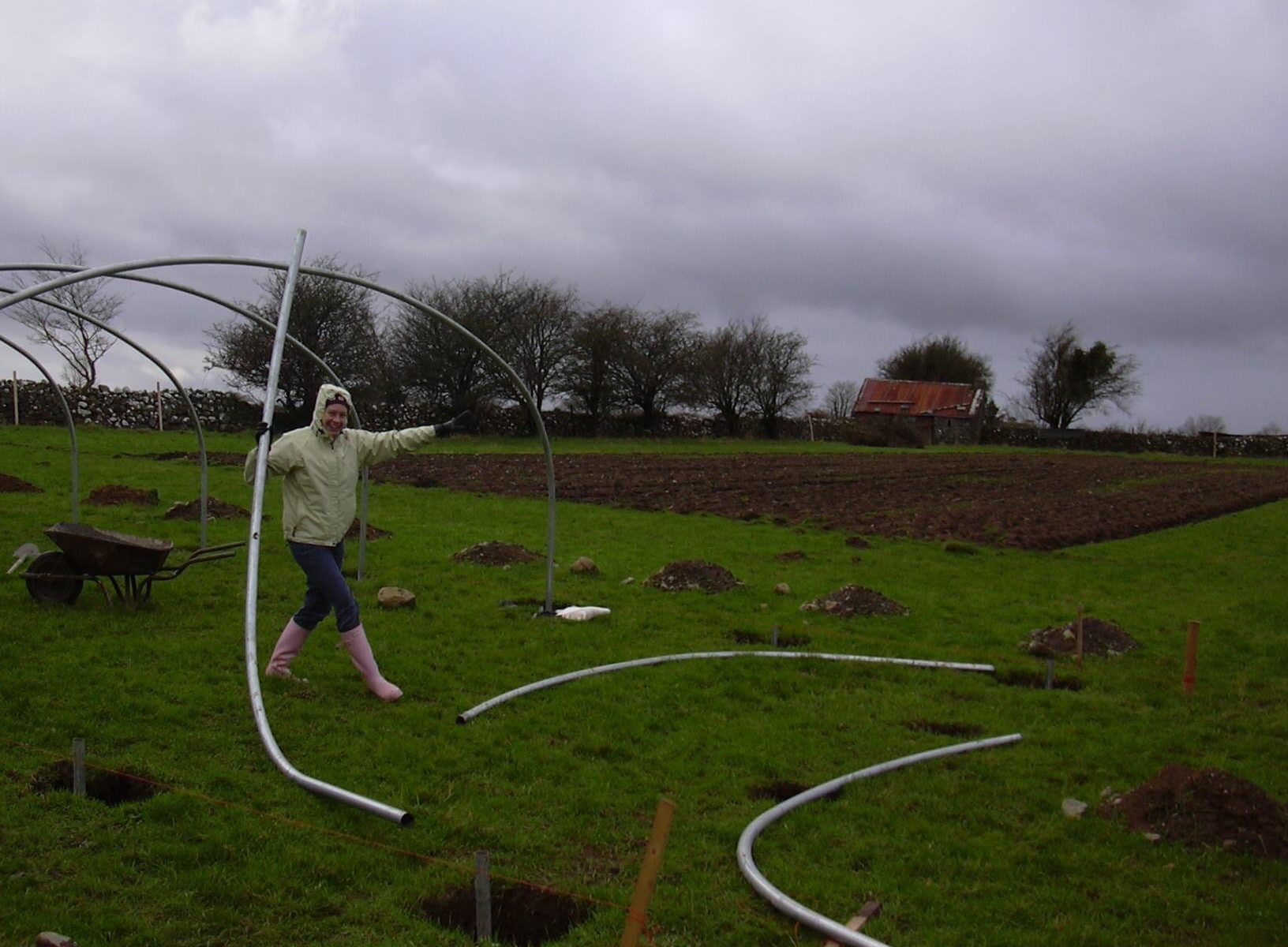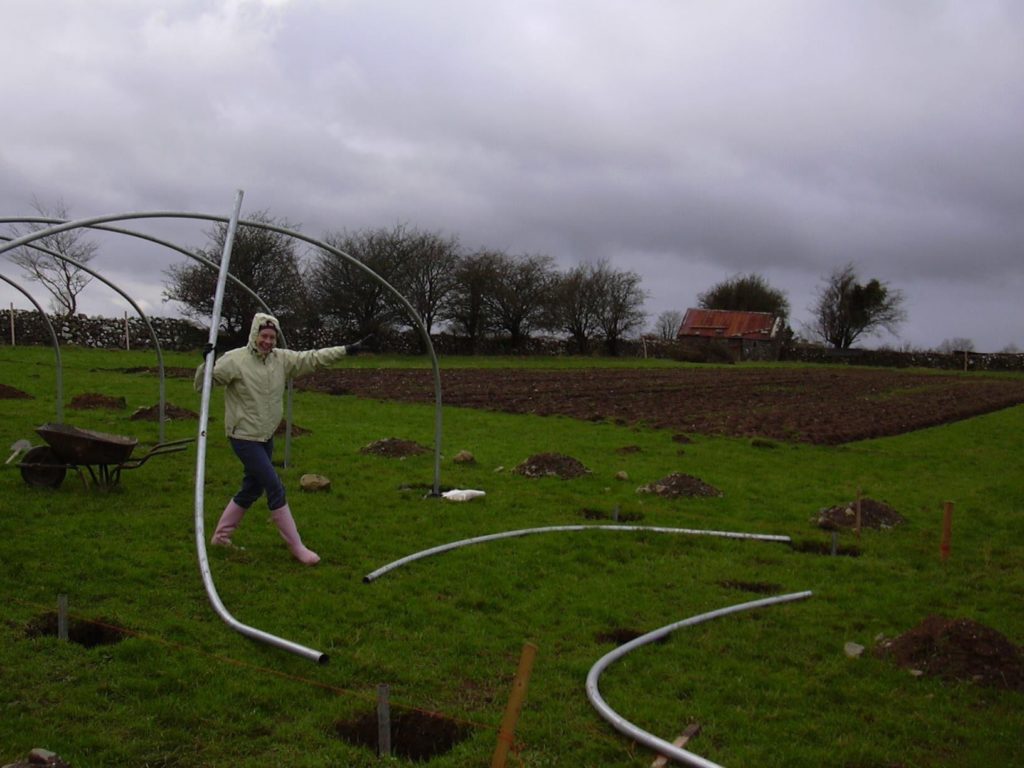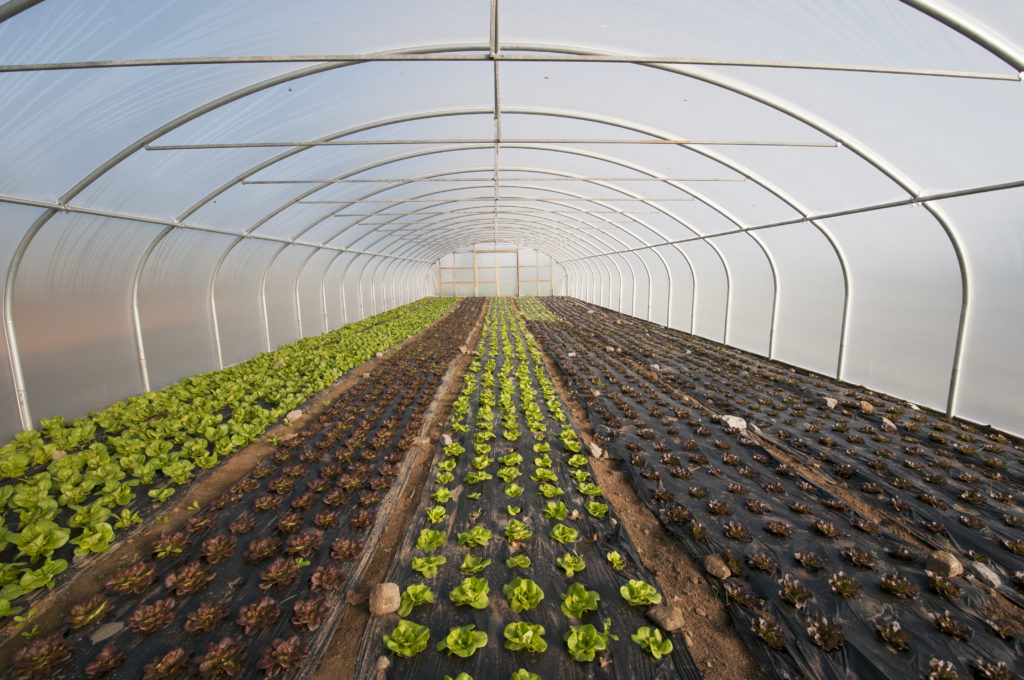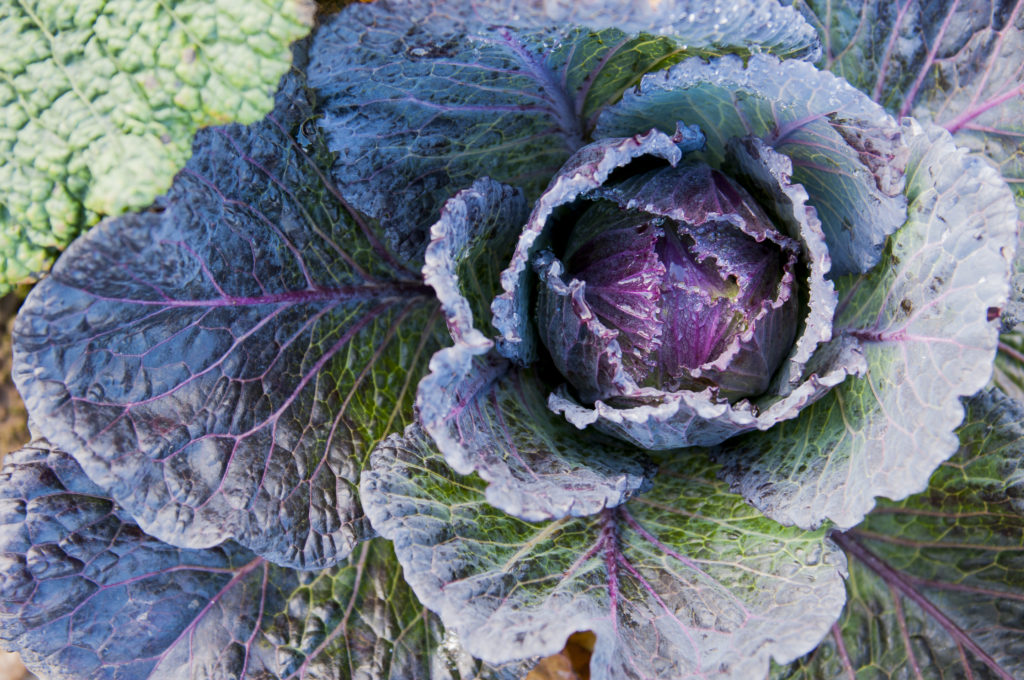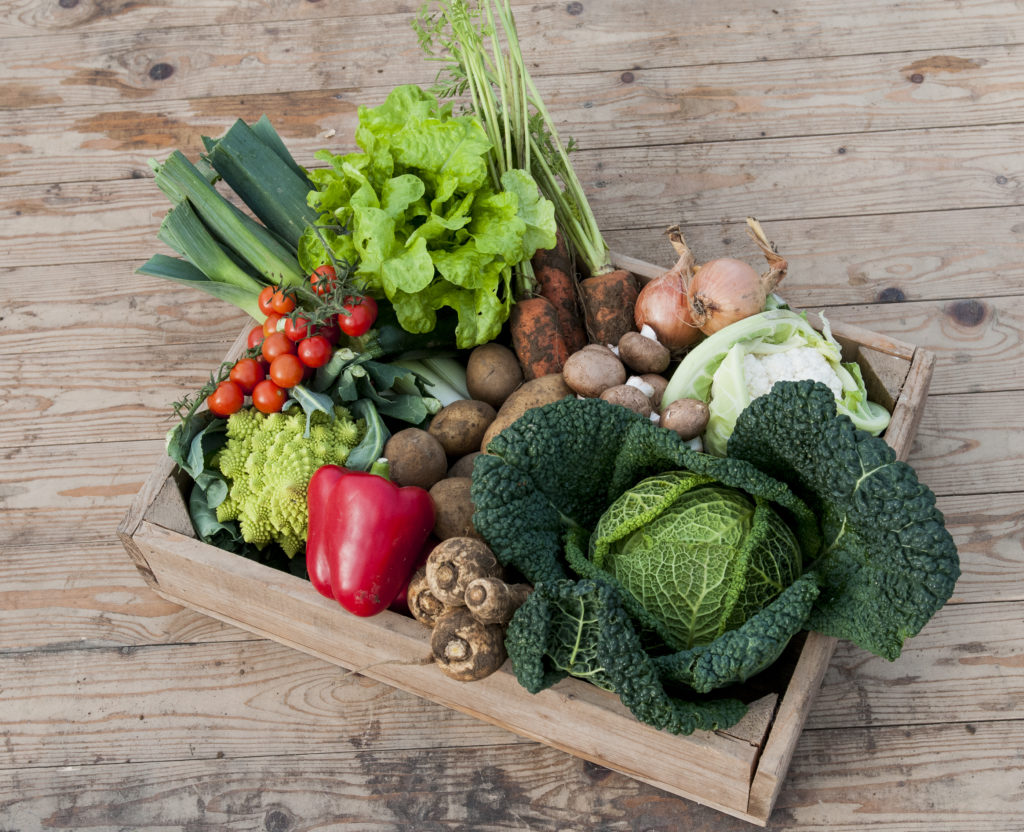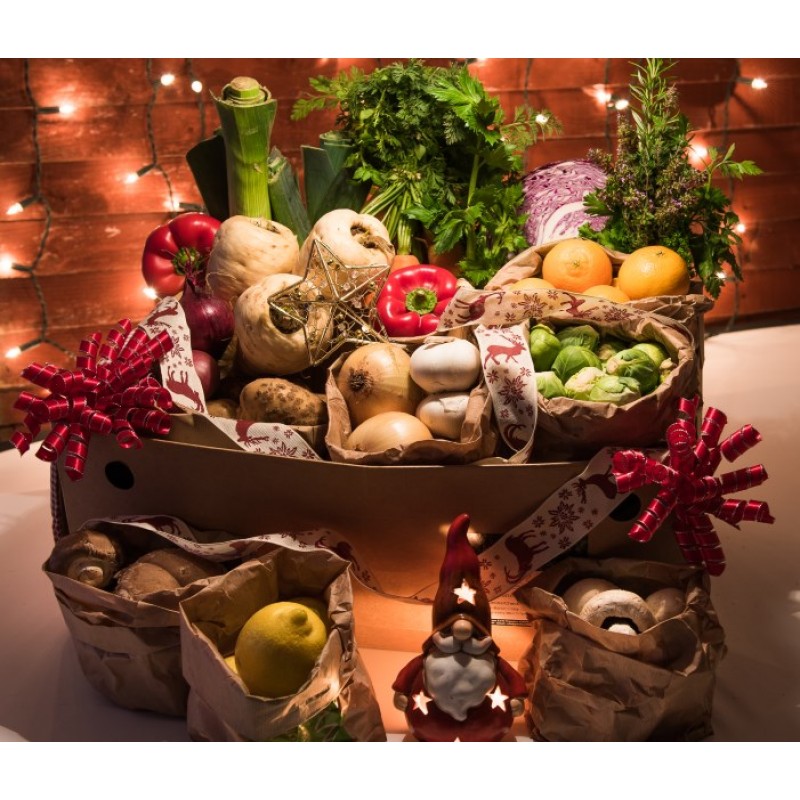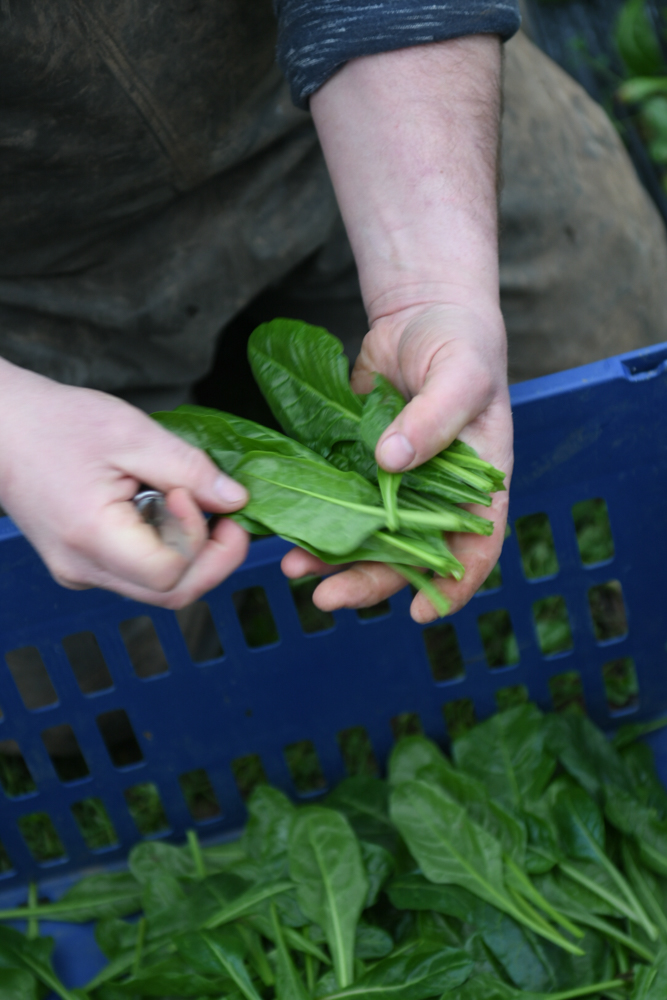
If Joe, or Ella or Hannah take on the vegetable growing gene, that will make us 5th generation vegetable growers here in the West of Ireland. We are lucky, our model of growing and distributing food protects us, to an extent at least.
“When it’s gone it’s gone” the words of Cathal Lenehan the second biggest brussel sprout grower in the country as he calls a halt to his farming career for good this week. As prices in supermarkets continue to erode any chance of vegetable farmers in this country surviving, Cathal has put a call out, a plea for them to recognise that farmers just can’t survive on what they are receiving from supermarket buyers.
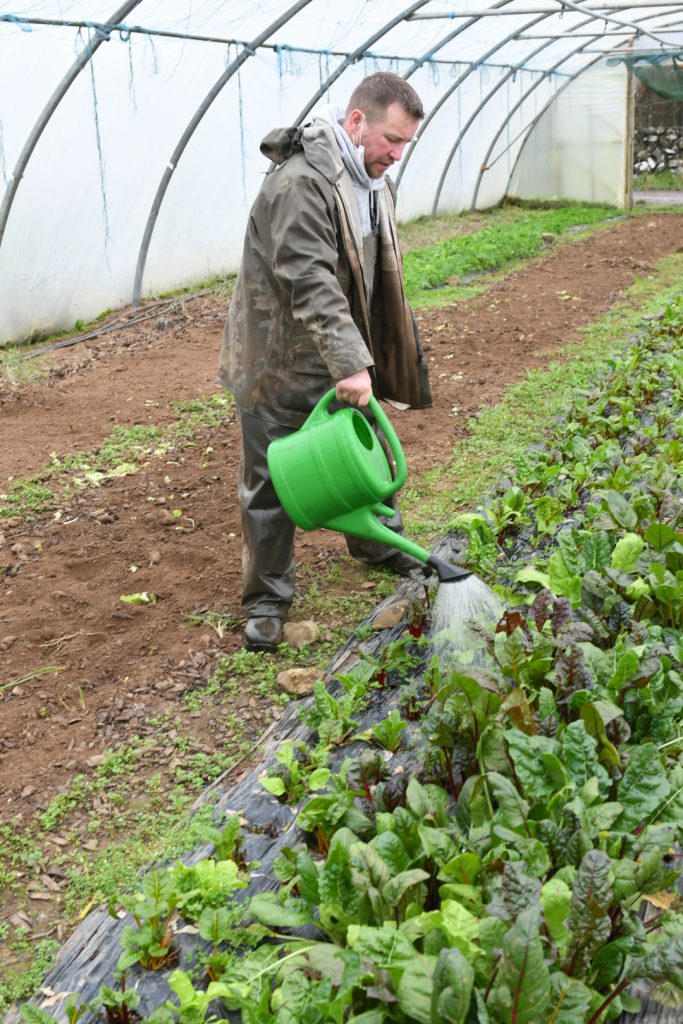
In 2006 the last of the sugar beet farms closed in Ireland. A whole industry disappeared overnight, the skills, the experience, the infrastructure disappeared, lost forever. As we face down the inevitable pressure of producing more food for more people from the same land area, it seems extremely short sighted that there are not adequate supports put in place now to ensure farmers such as Cathal are protected.
Cheap imports undercut the market. Supermarkets devalue our fresh food, they use them as loss leaders. It is all about the bottom line. Supermarkets are in the food supply industry, they have a responsibility to mind their suppliers, pushing them to the edge in the short term, in the long term will not yield stability, resilience or loyalty. Ultimately this will lead as with the sugar beet industry to devastation for the fresh vegetable industry in this country, farms that have been growing vegetables for generations will suddenly disappear.
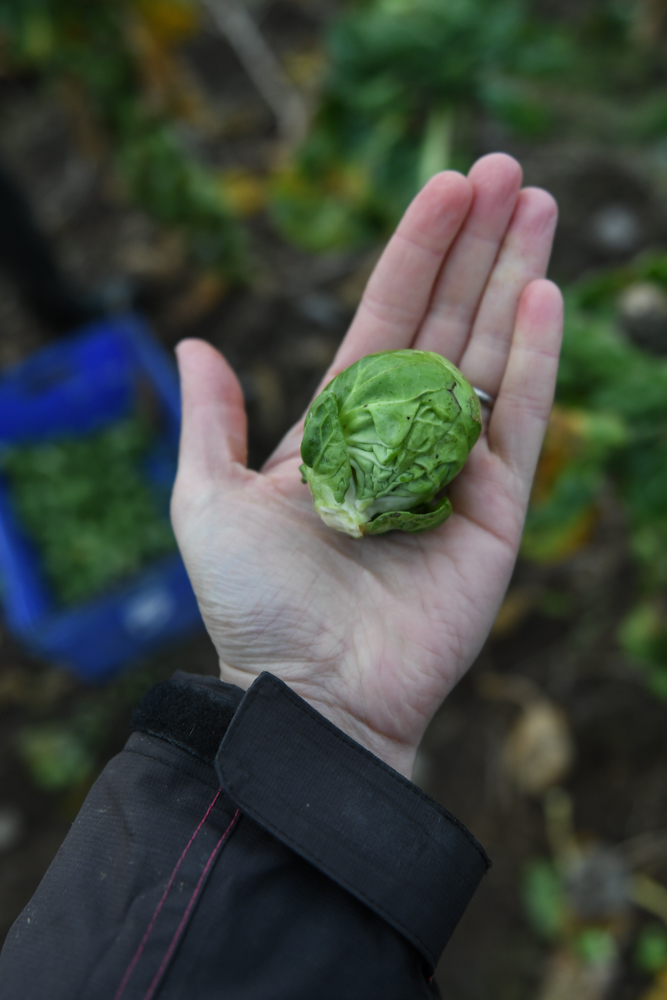
How sad would that be? Losing the art of being able to produce our own food, the art and skill of taking care of the land, of being able to produce viable healthy food on a commercial scale. That is not something you can just make happen overnight, it is learned over time and passed down from generation to generation.
I have never had any time for the supermarket model of procurement (buying). In 2016 we said good-bye to supermarket supplying for good. We were told one Monday out of the blue we needed to decrease our prices, and collect any unsold produce from the supermarket and reimburse the supermarket for it. We were told there would be no order that week until we complied, they were our single biggest customer, they had all the power. Well so they thought.
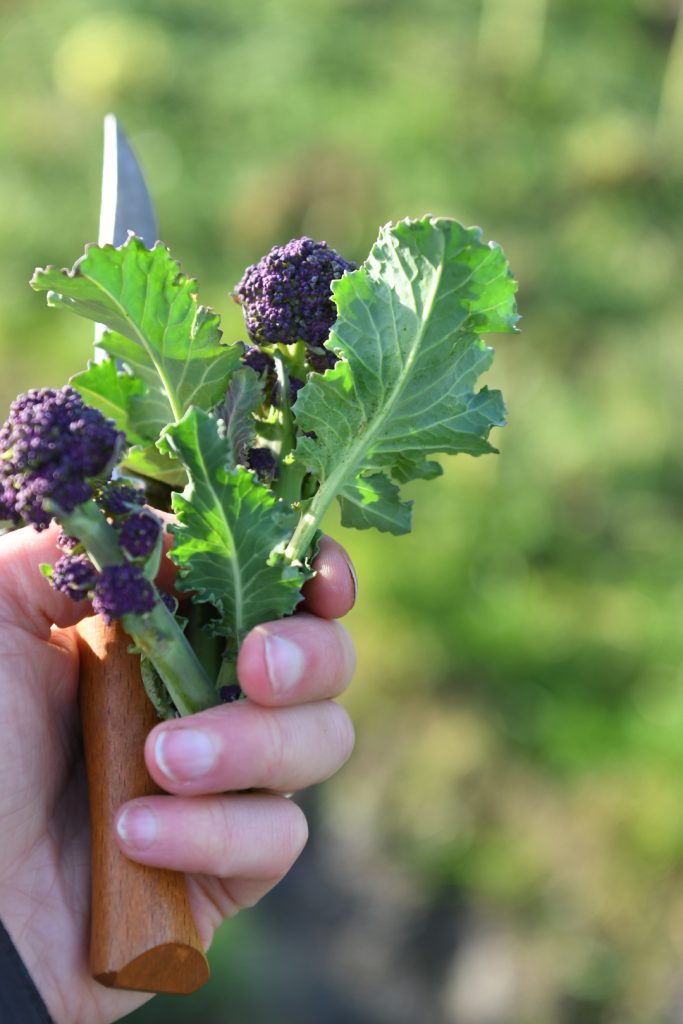
We were one of the lucky ones we had our home delivery business to fall back on, and although it was a major financial hit and in the short-term things were very shaky it was the best decision we ever made.
The good news is you made that decision possible. Your support means more than you know. It means we can breathe a little, it means we can plant trees, it means we can rest the ground and allow it to recover between crops, it means we can support biodiversity on our farm. It means we can give the attention to producing healthy happy food for you.
Thank you.
Kenneth
